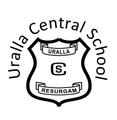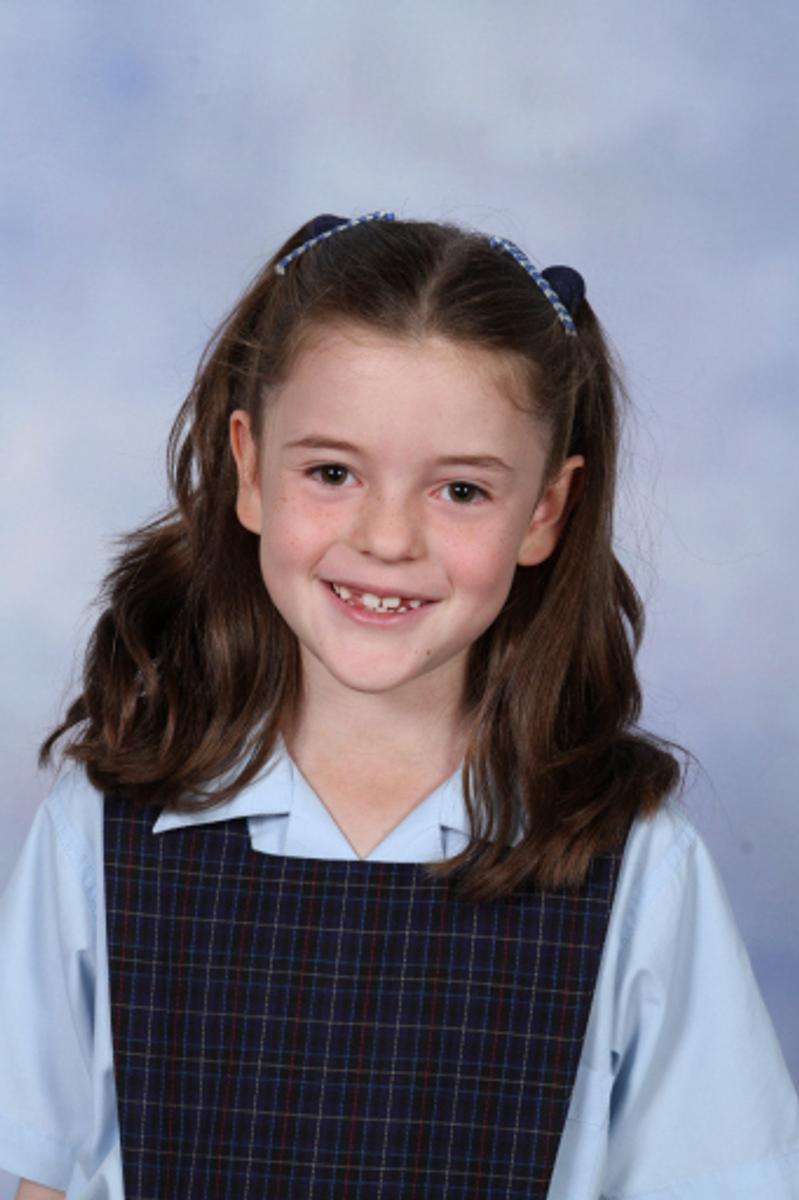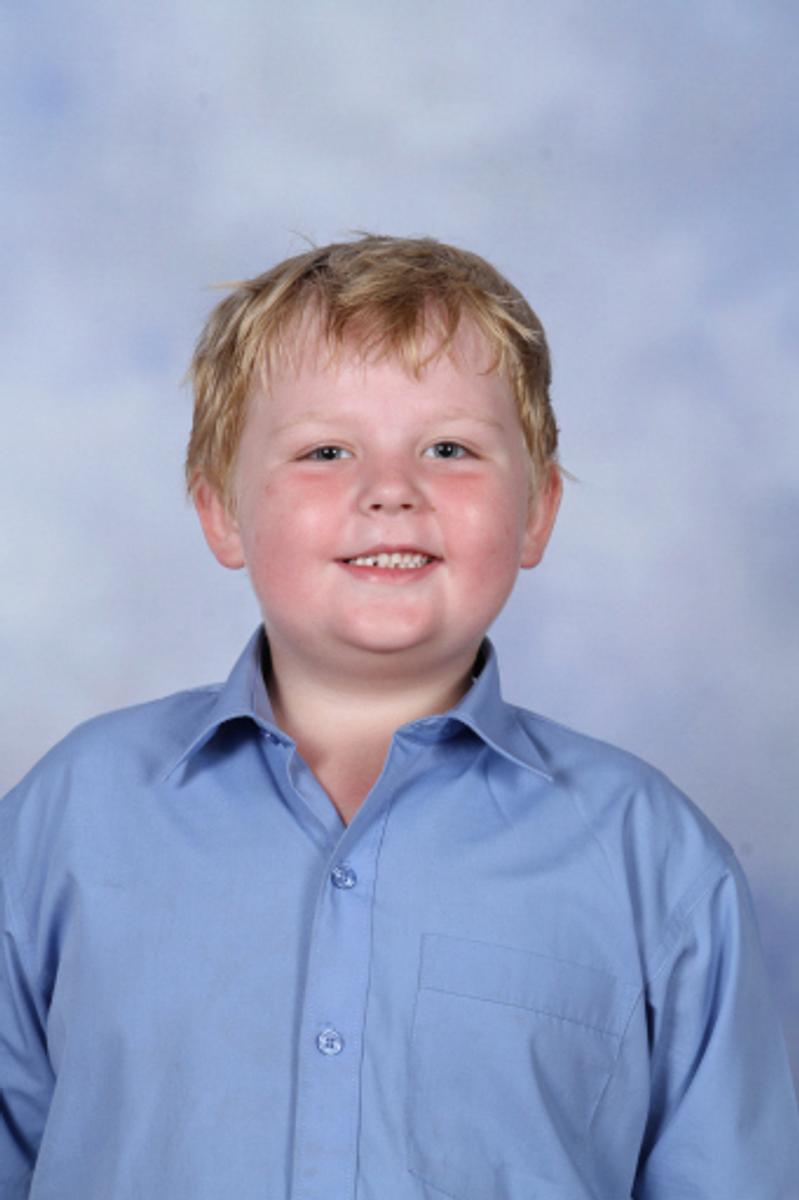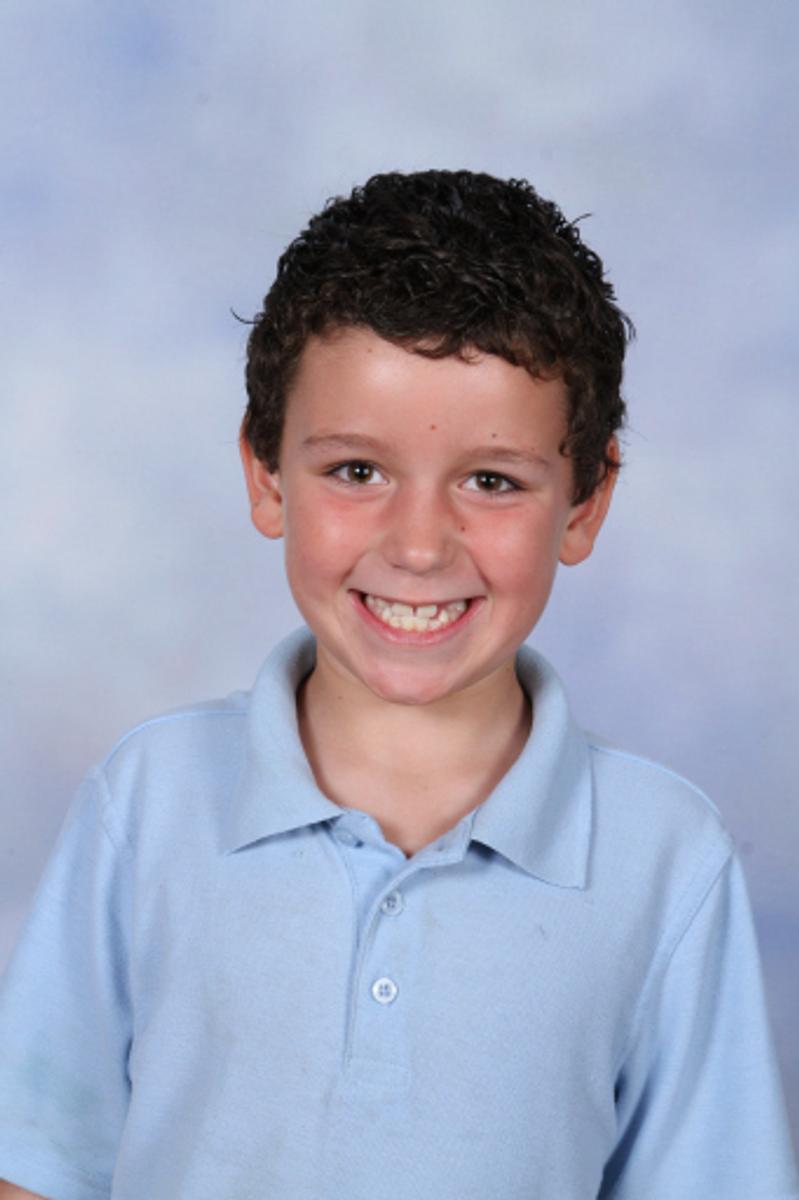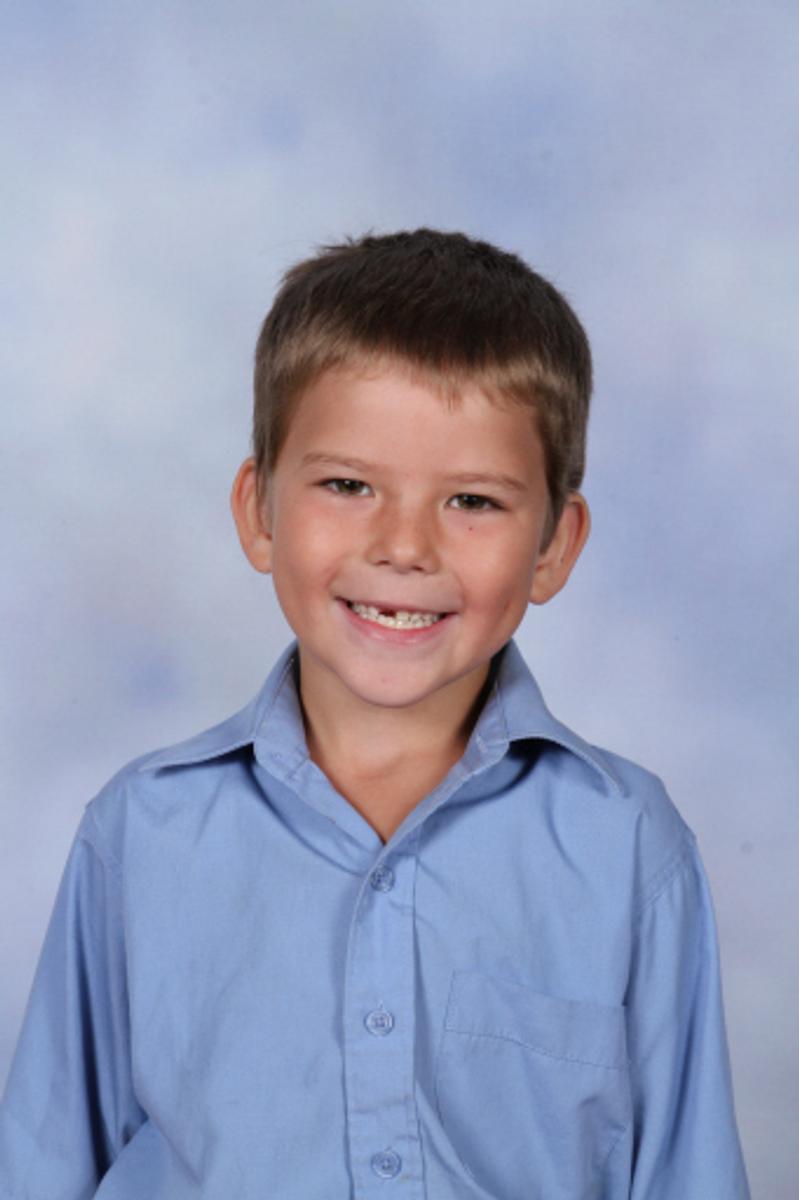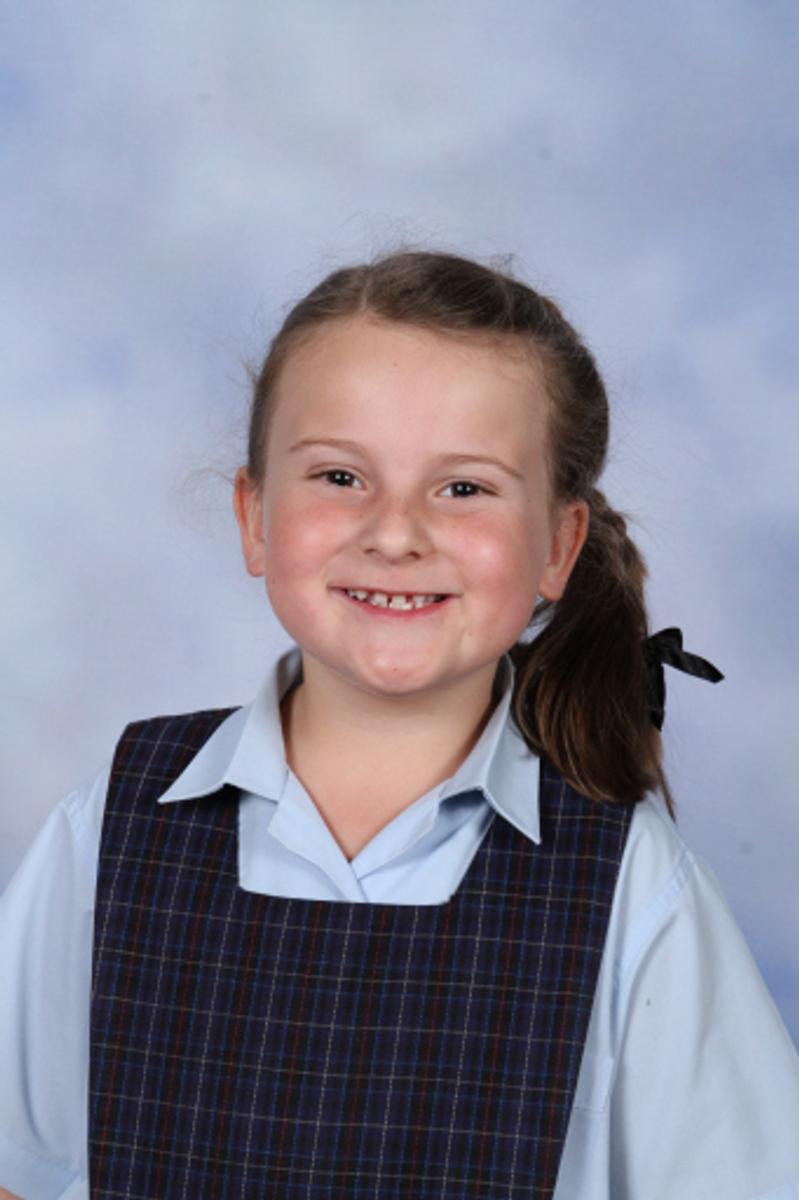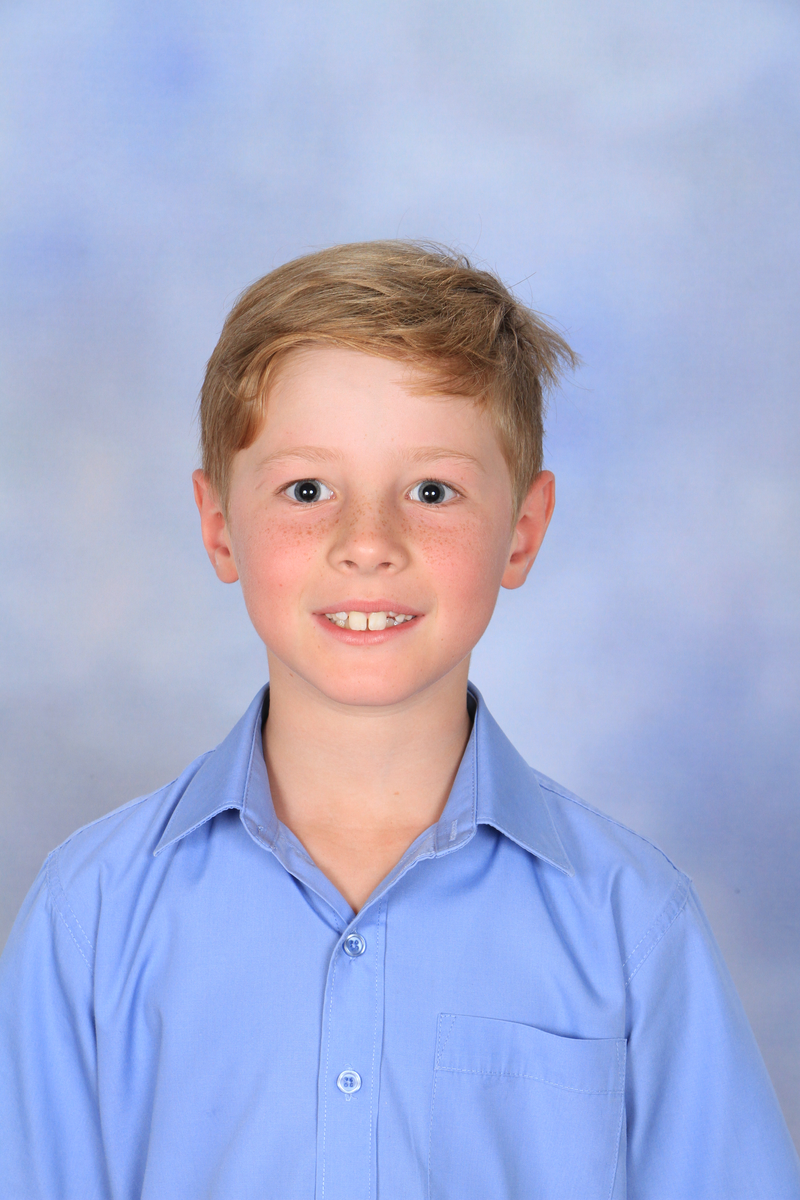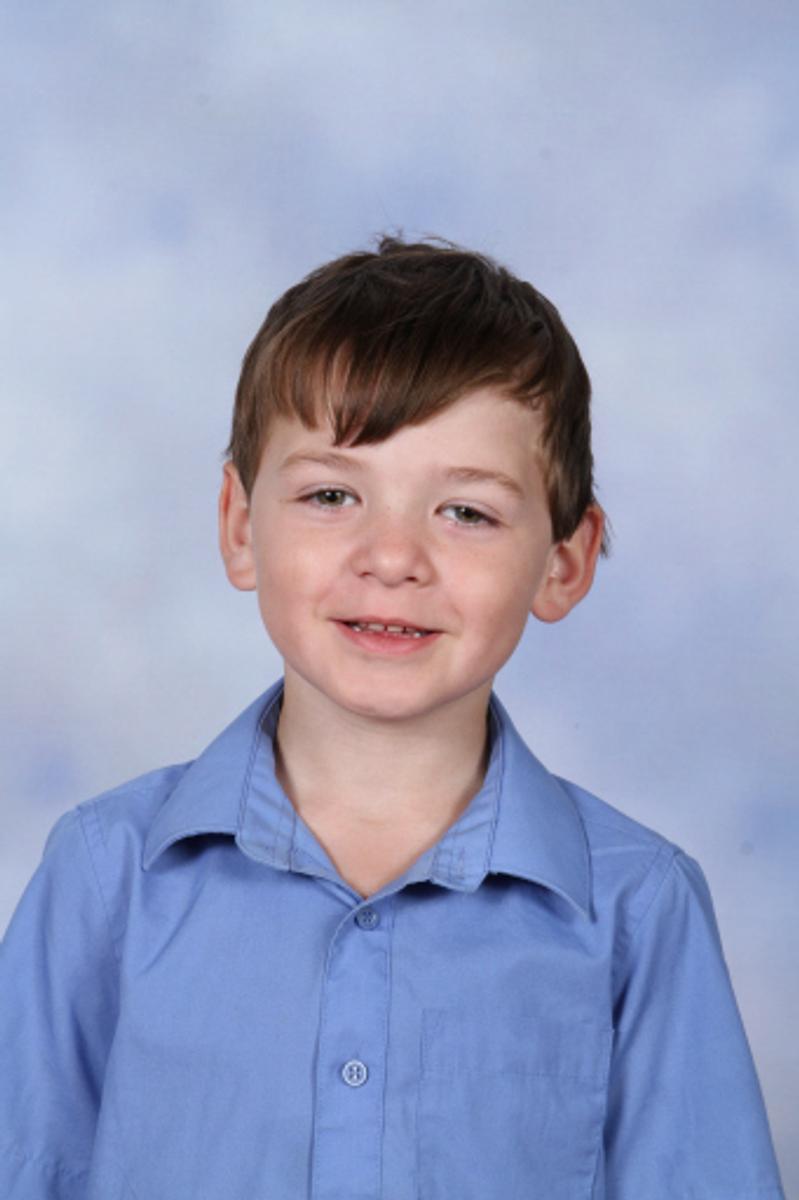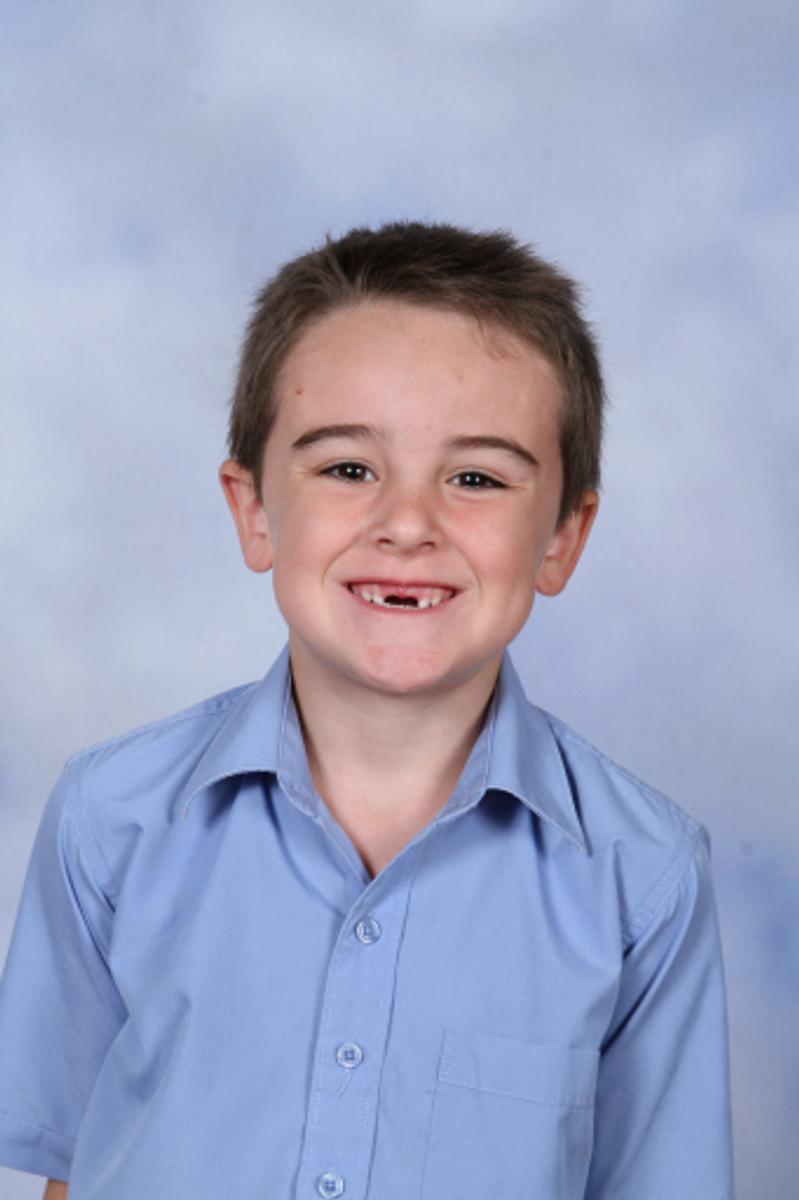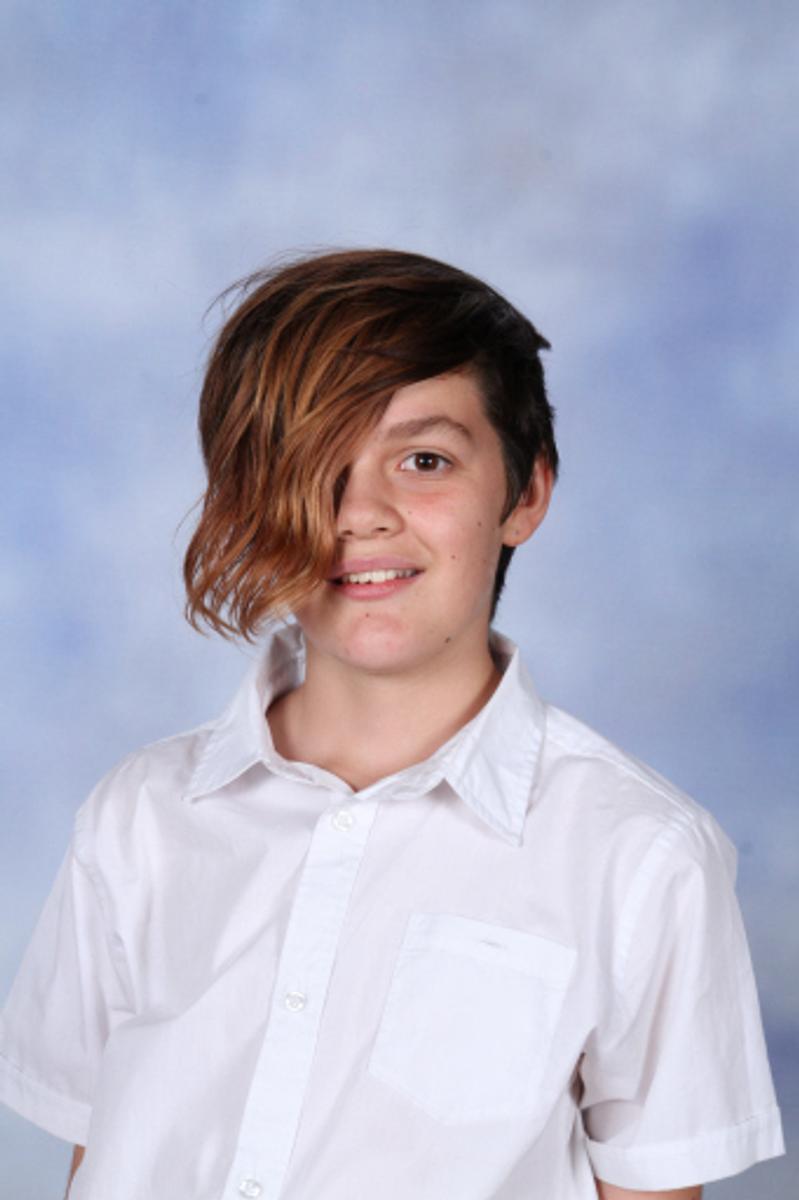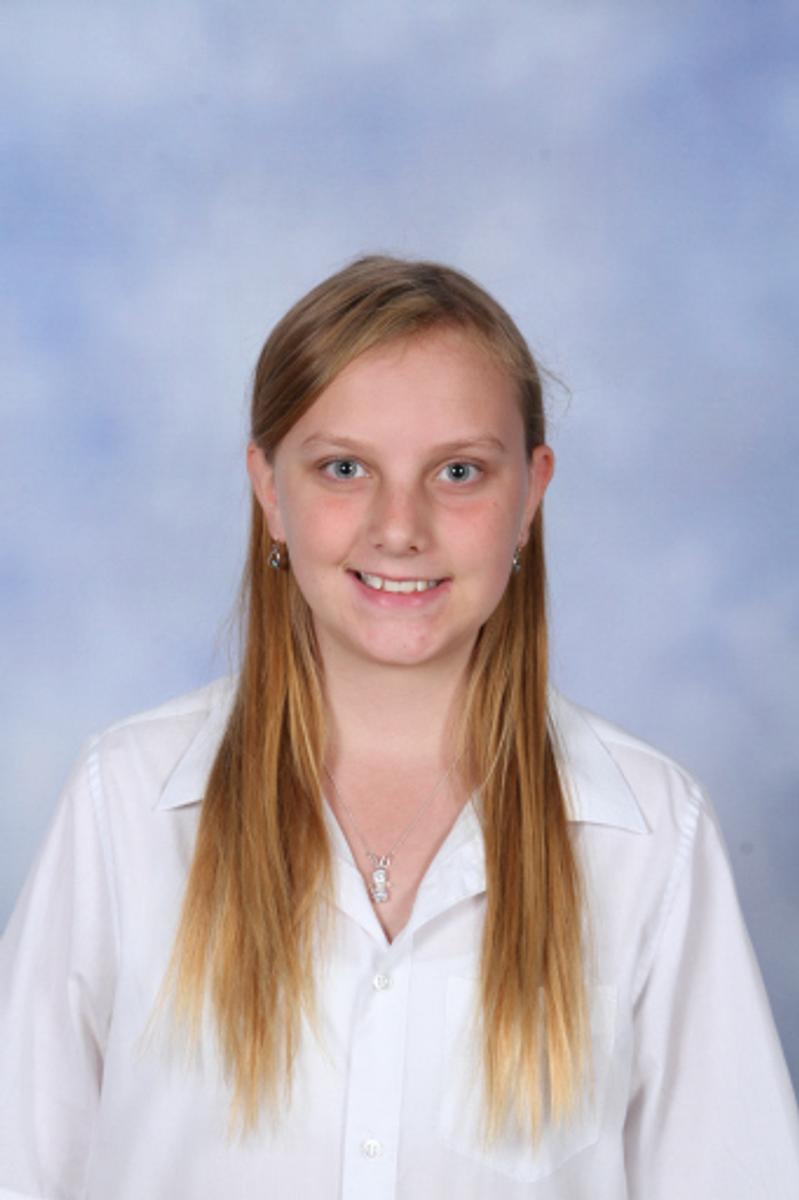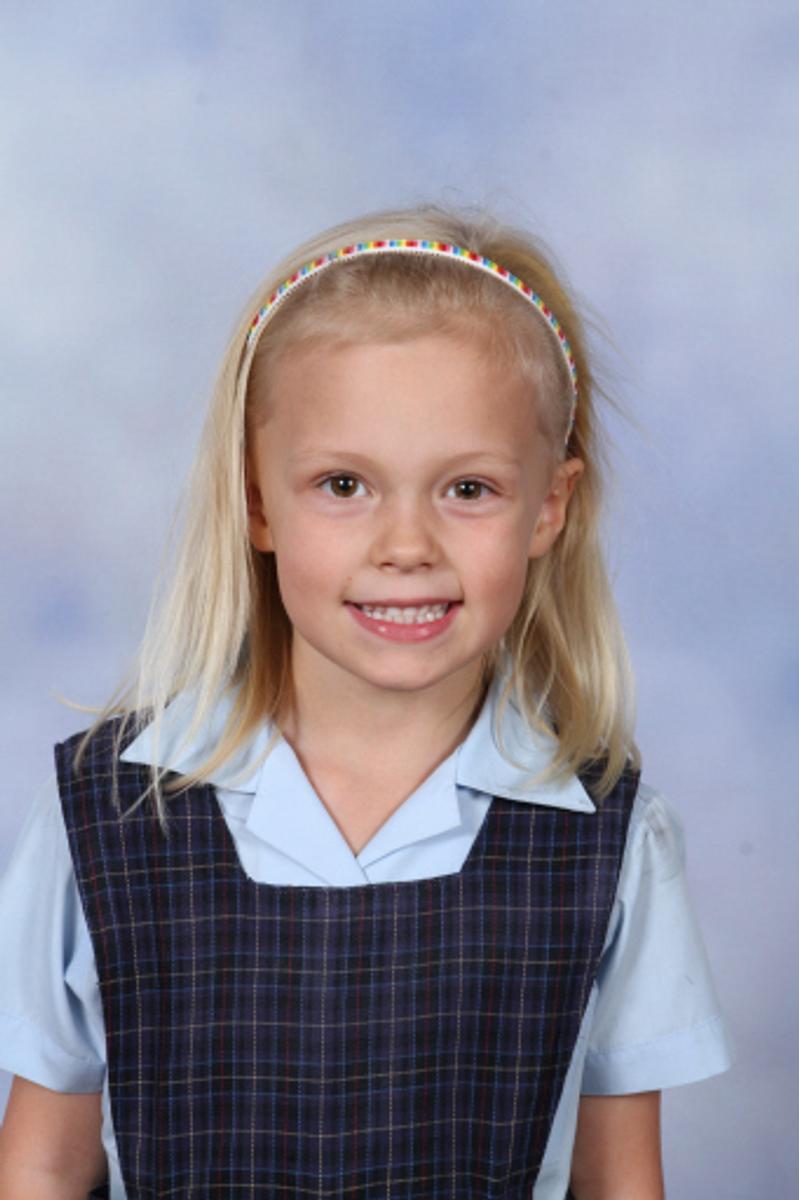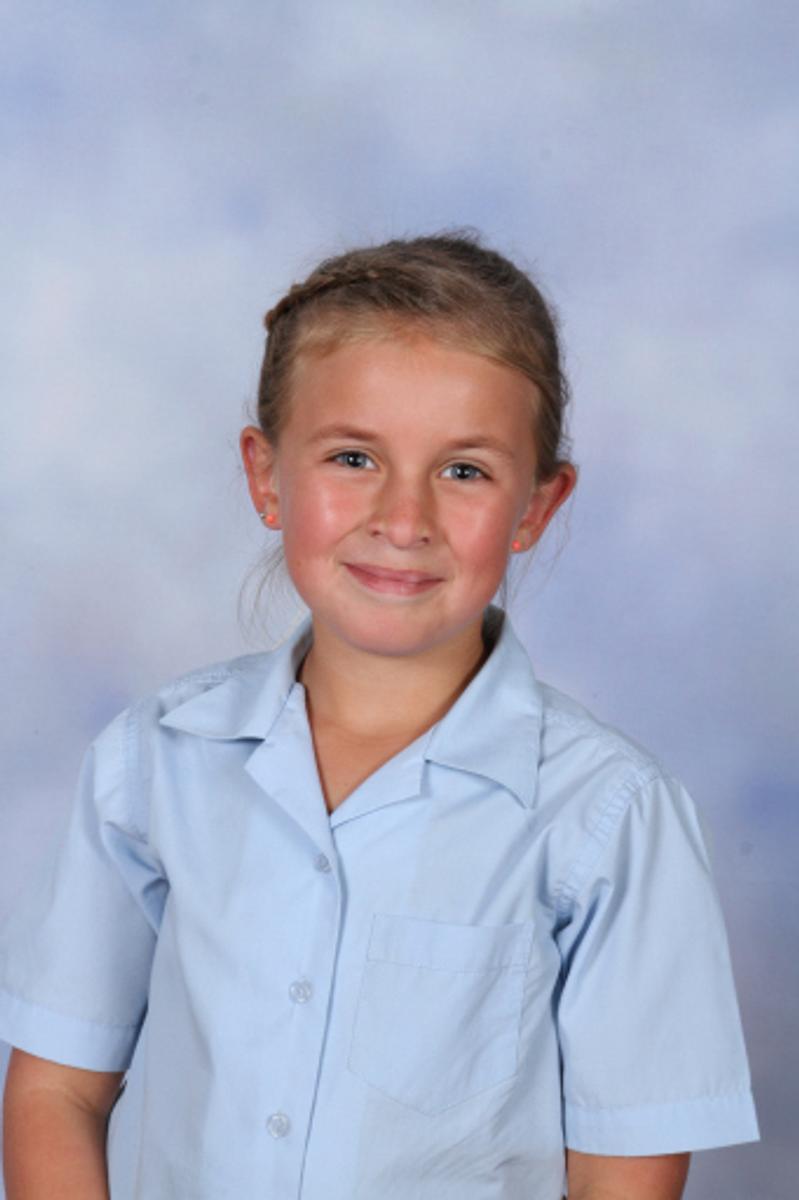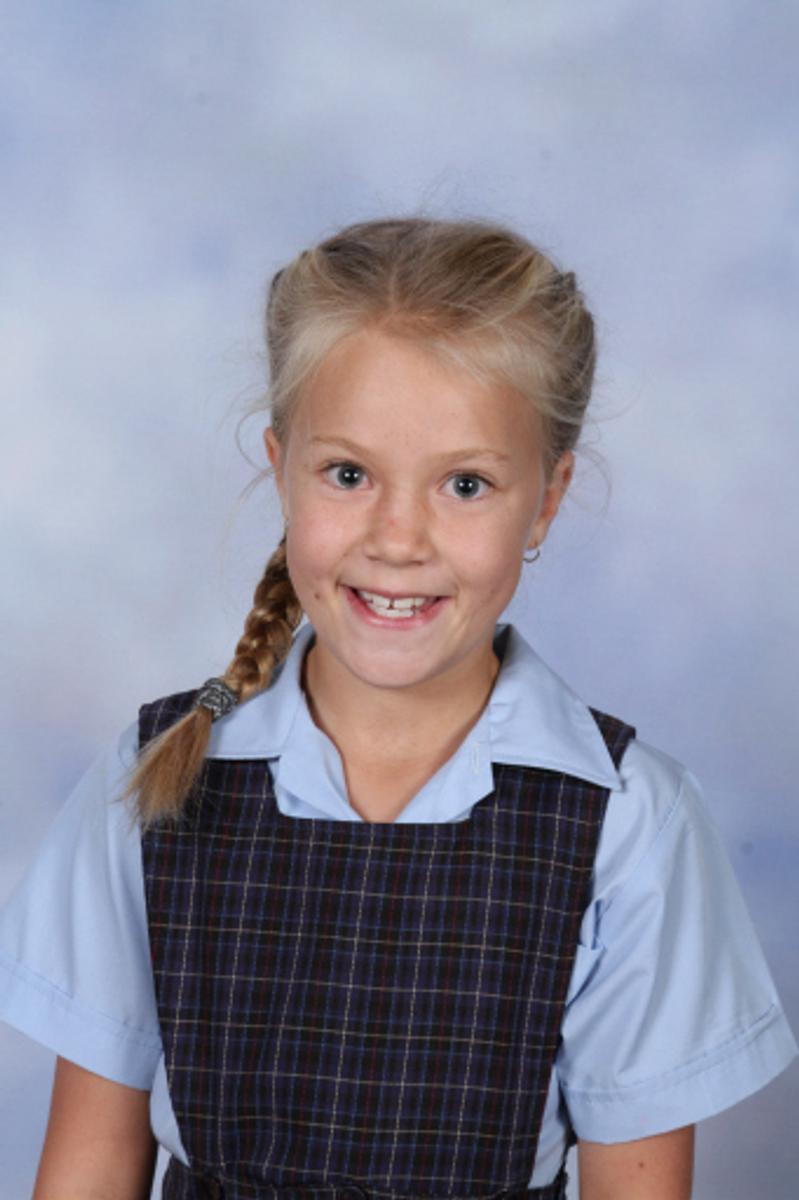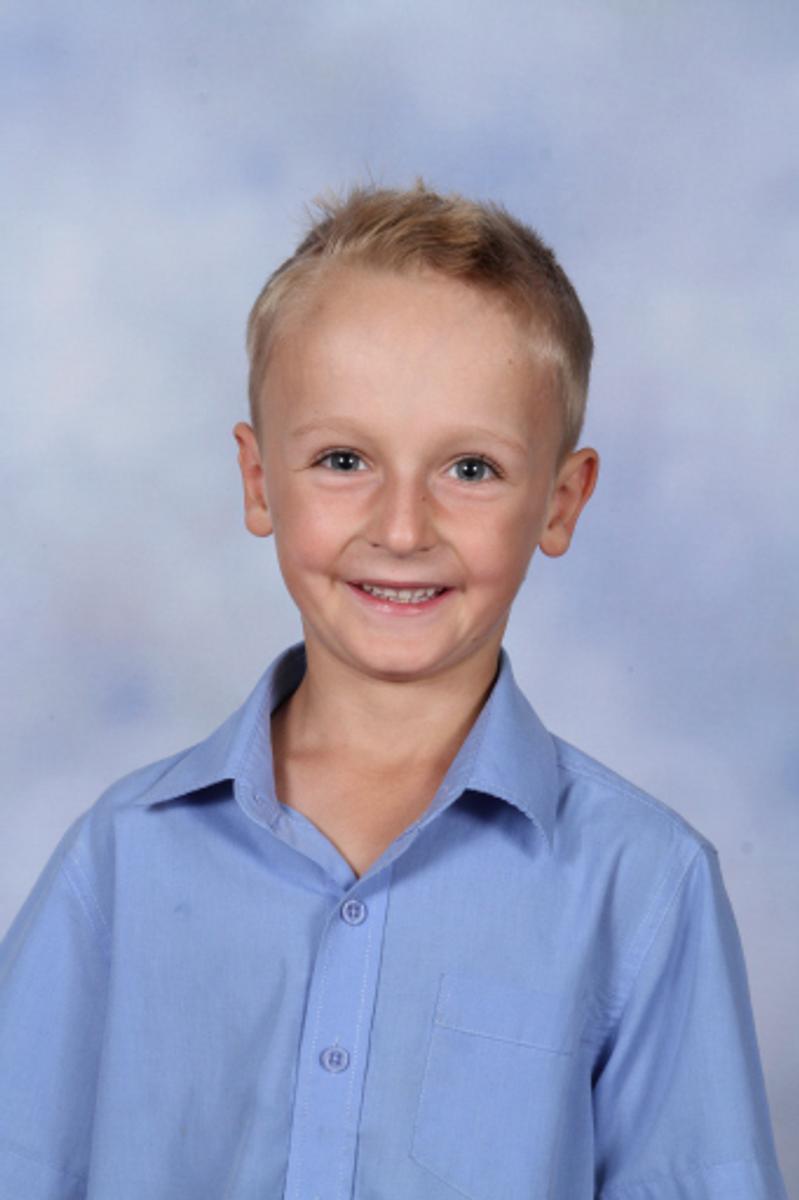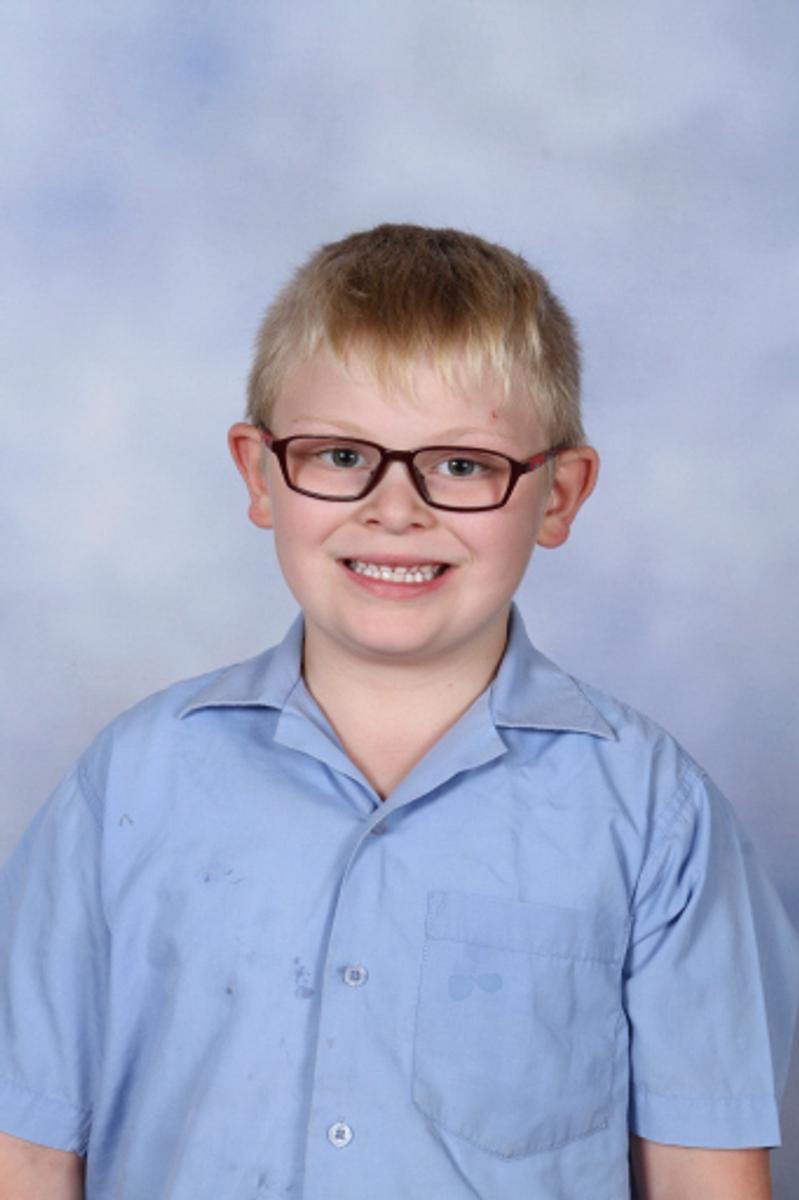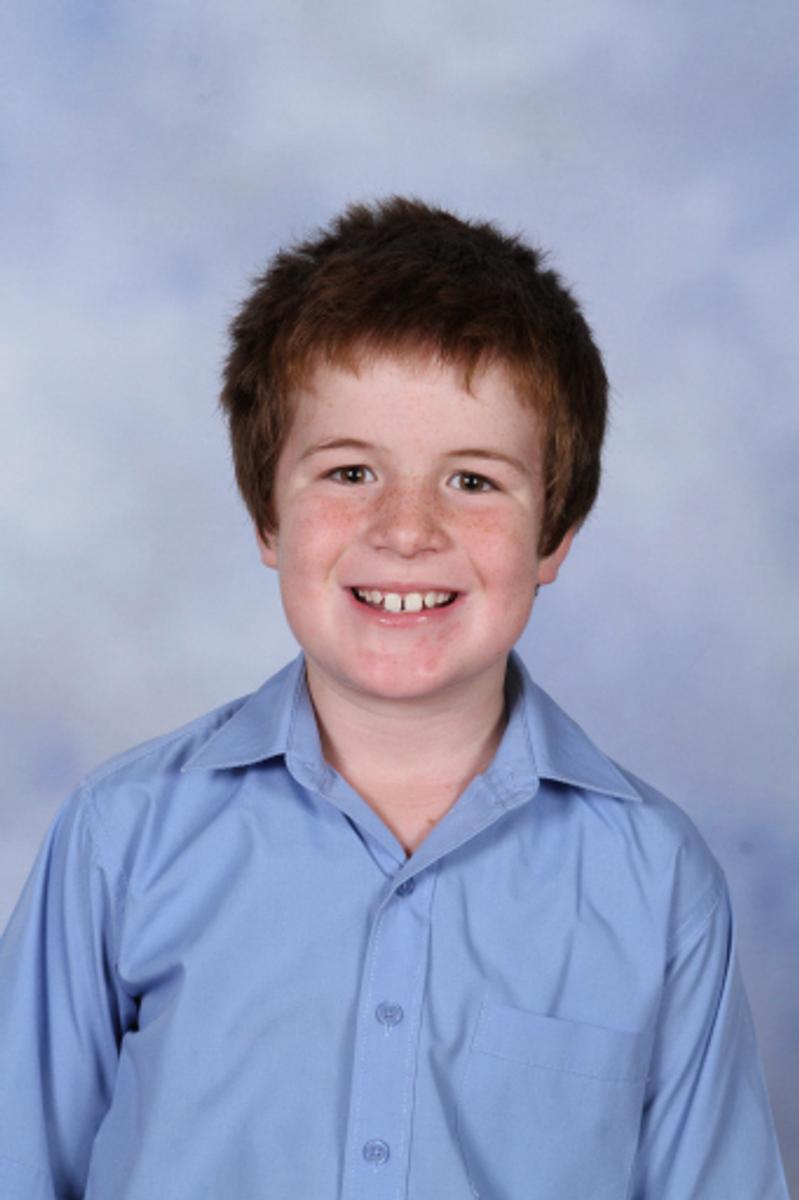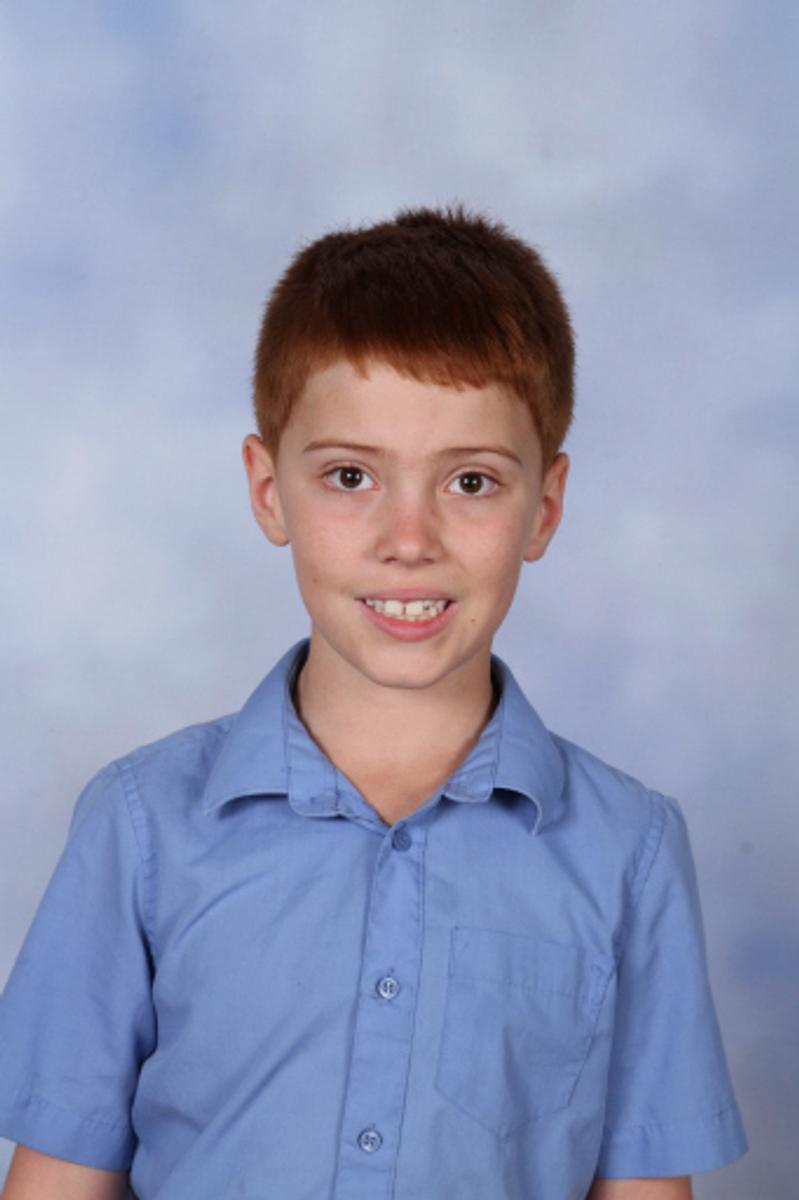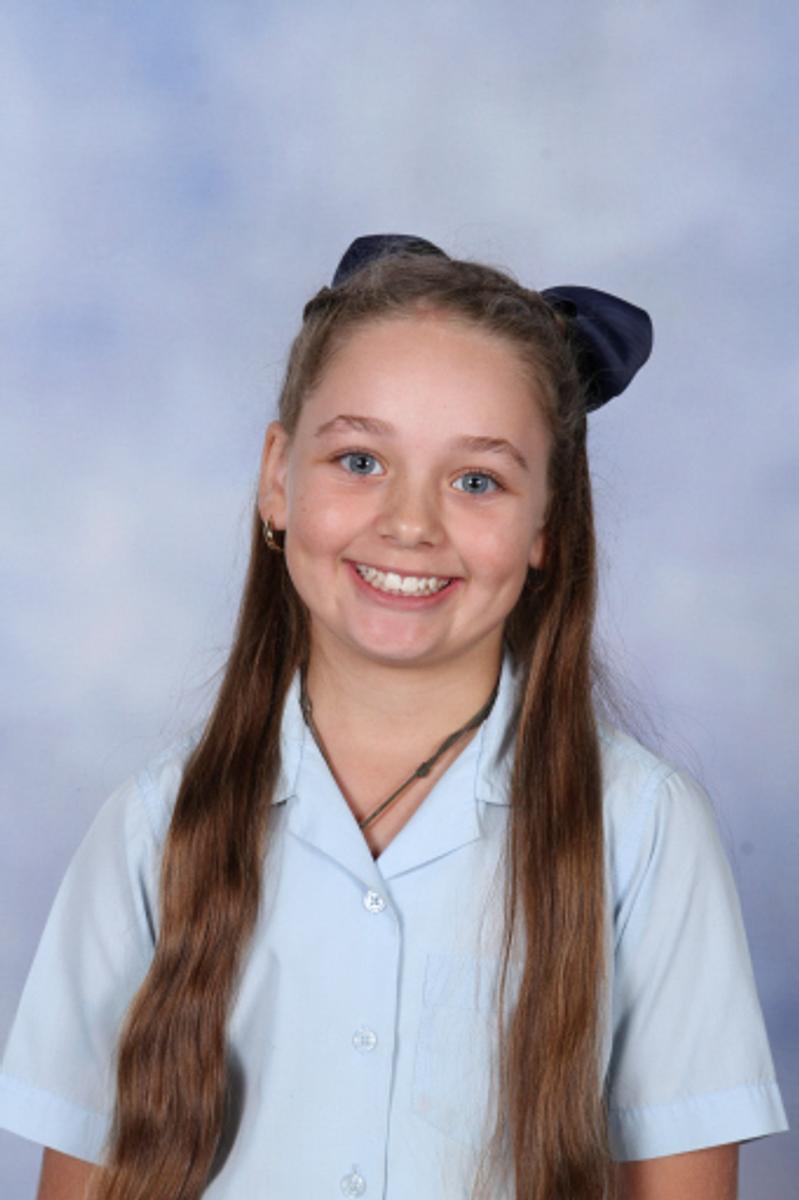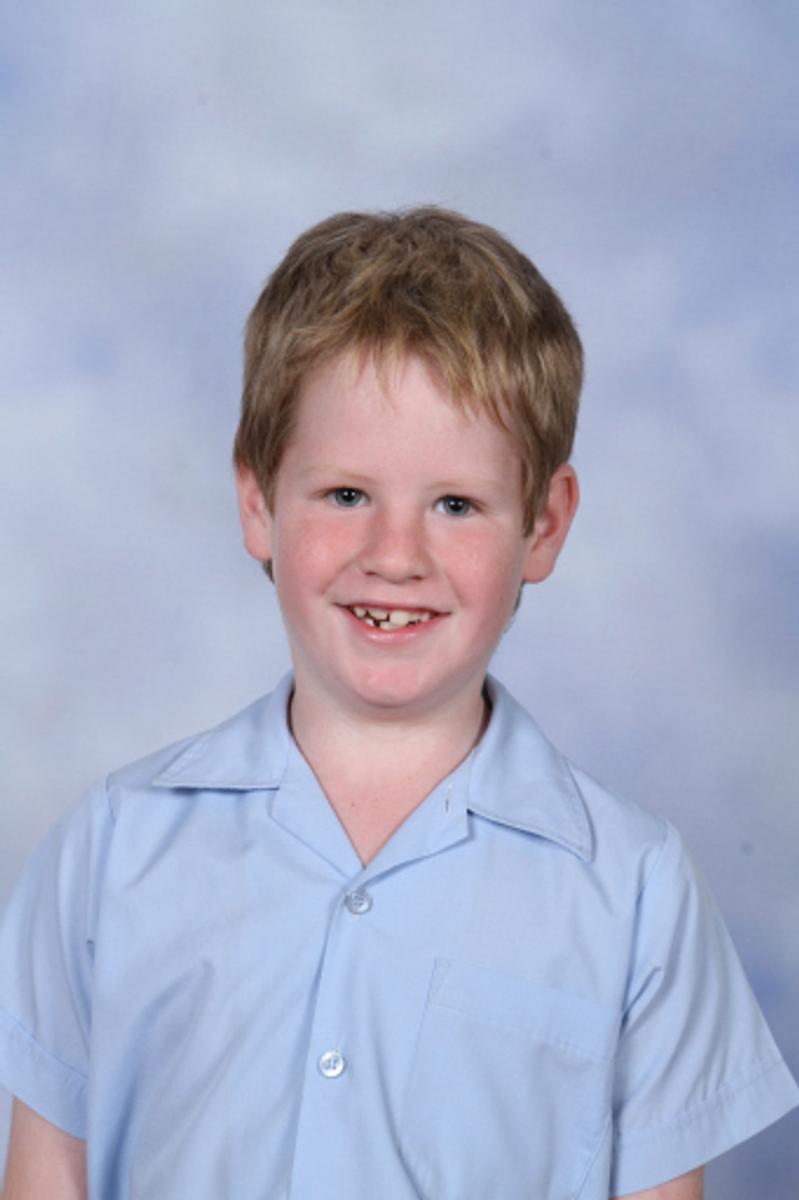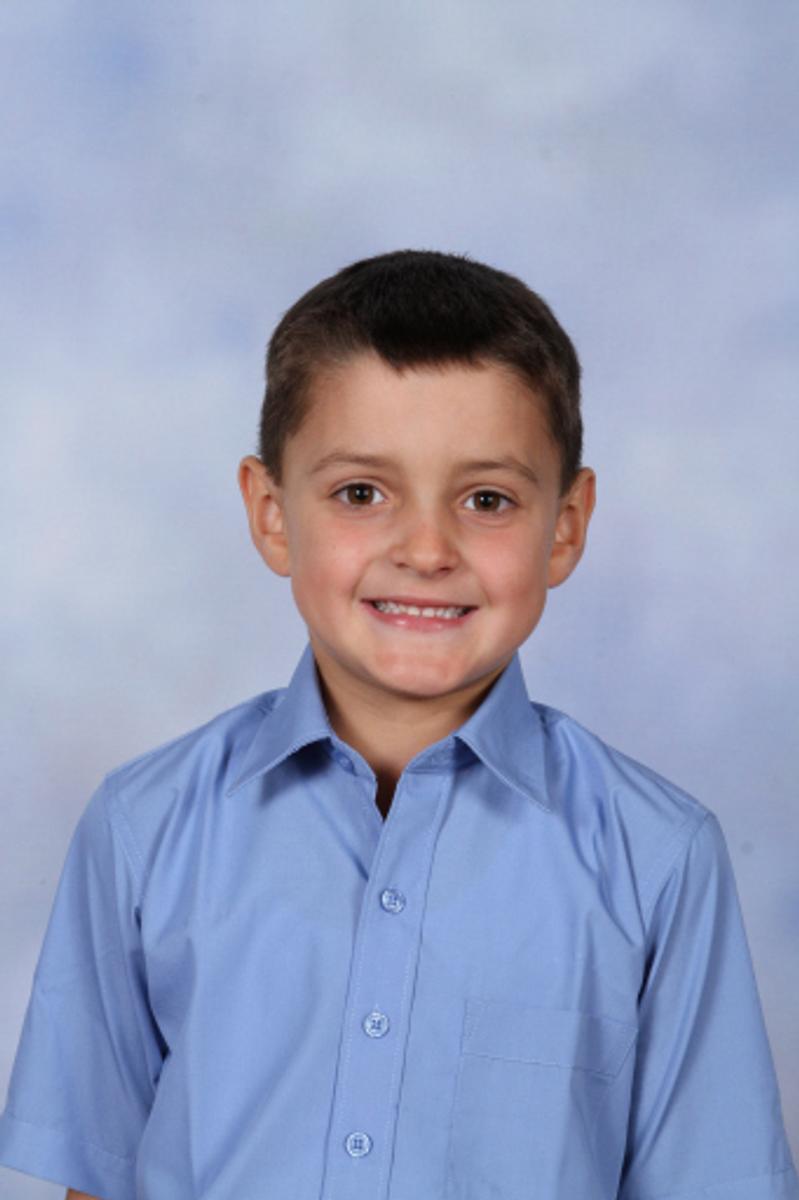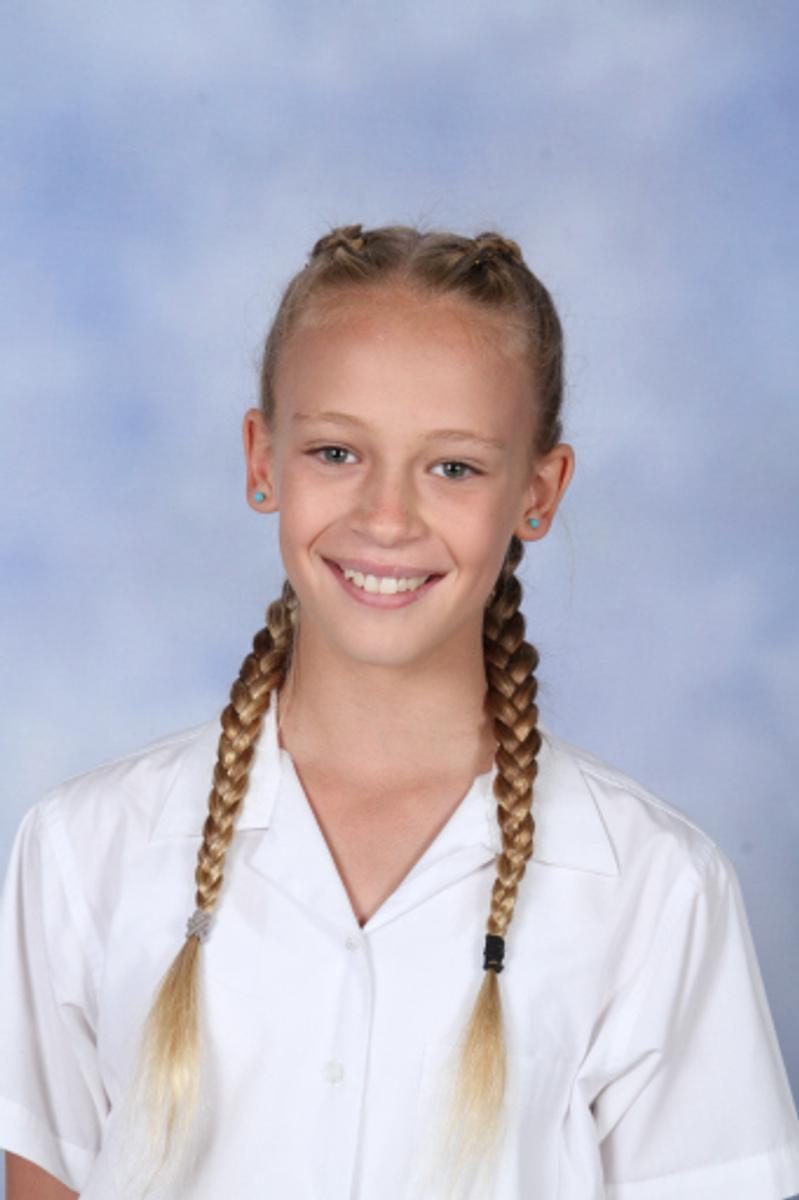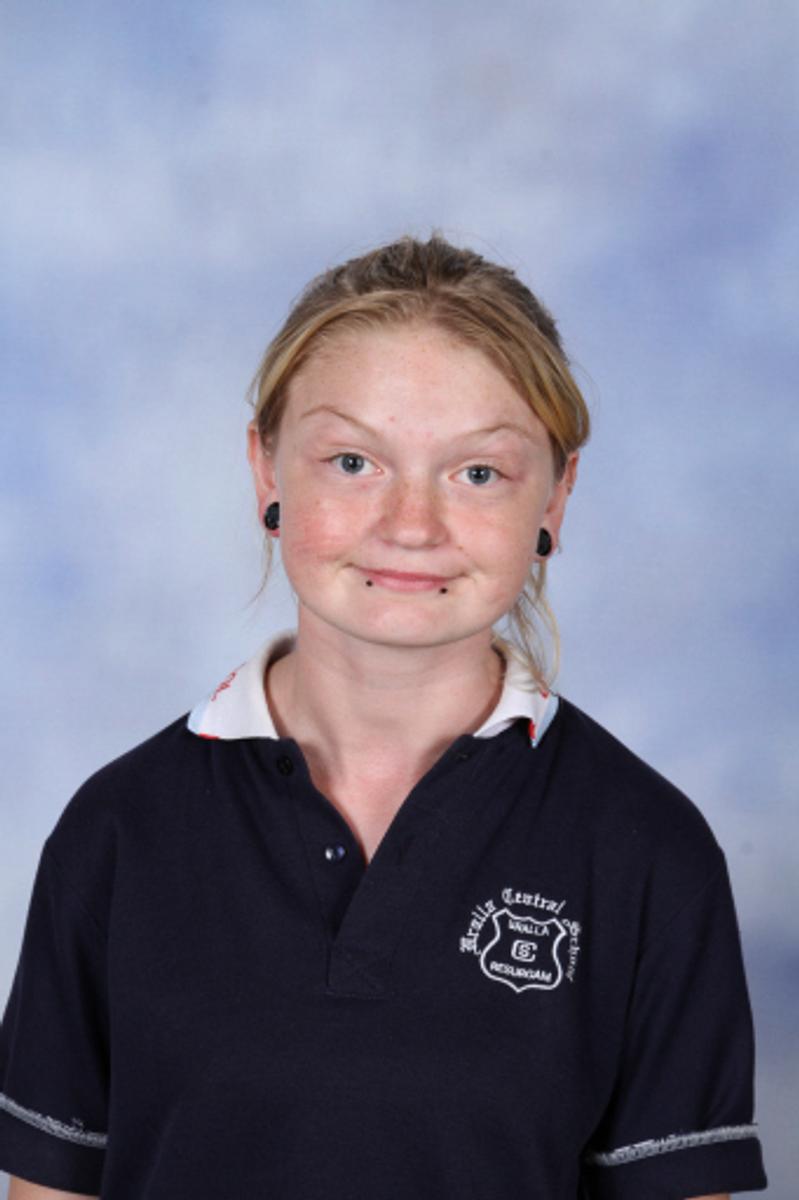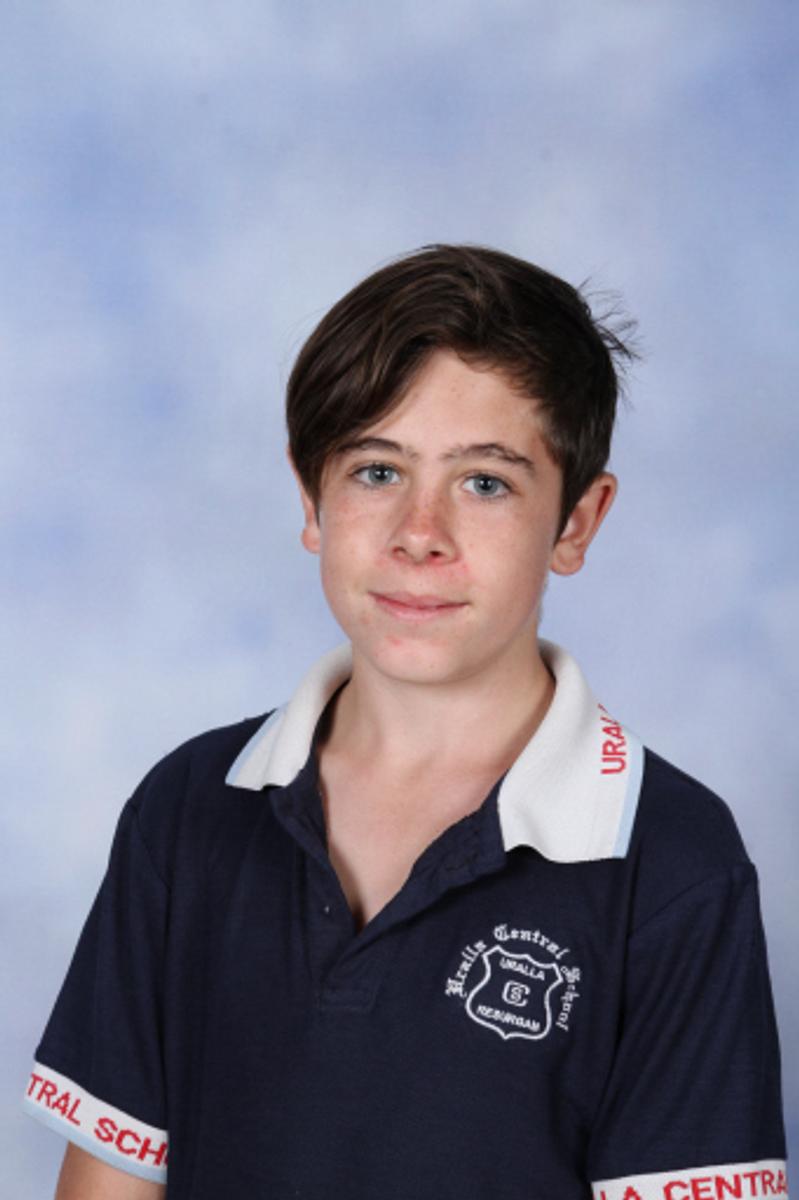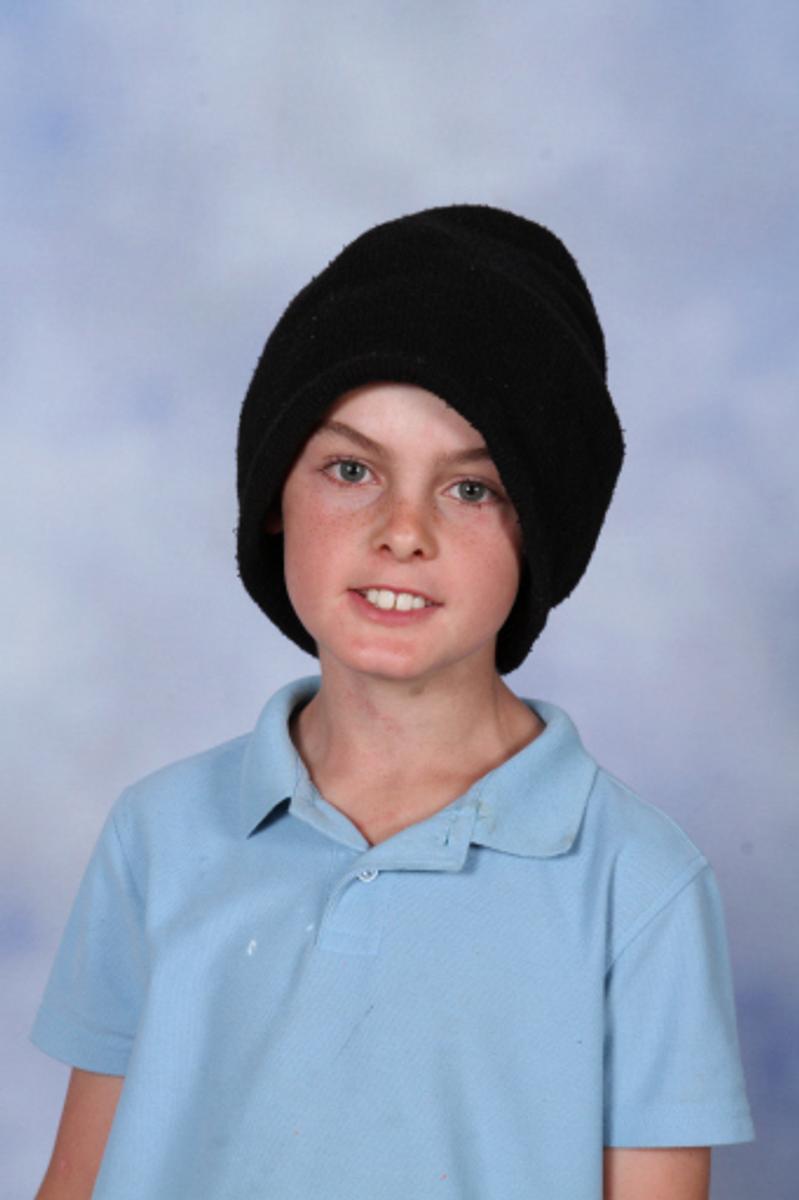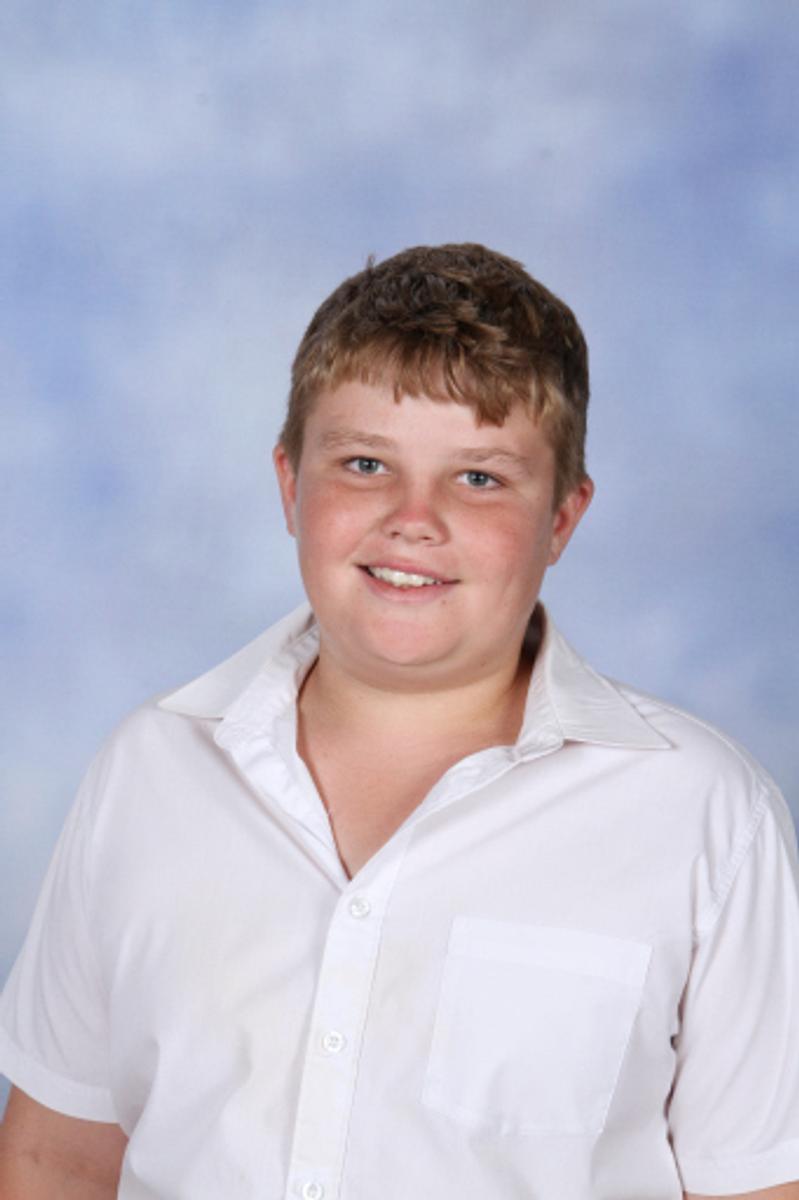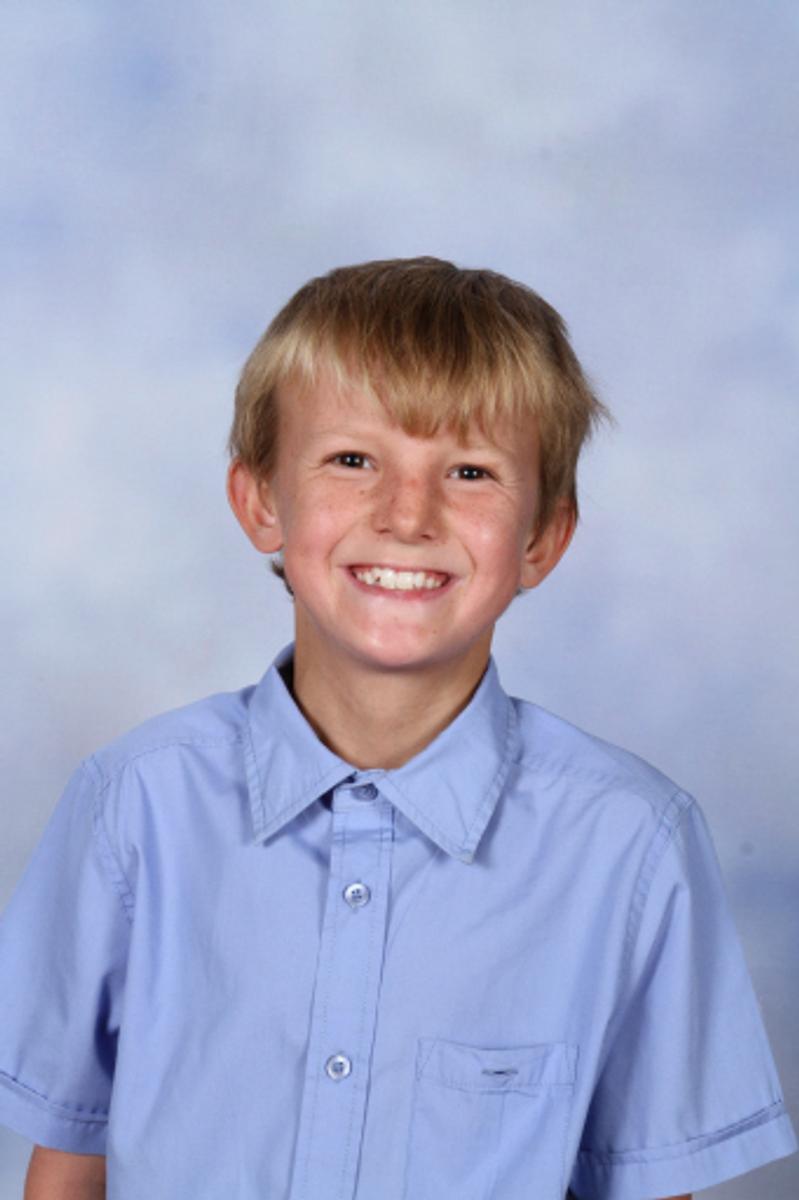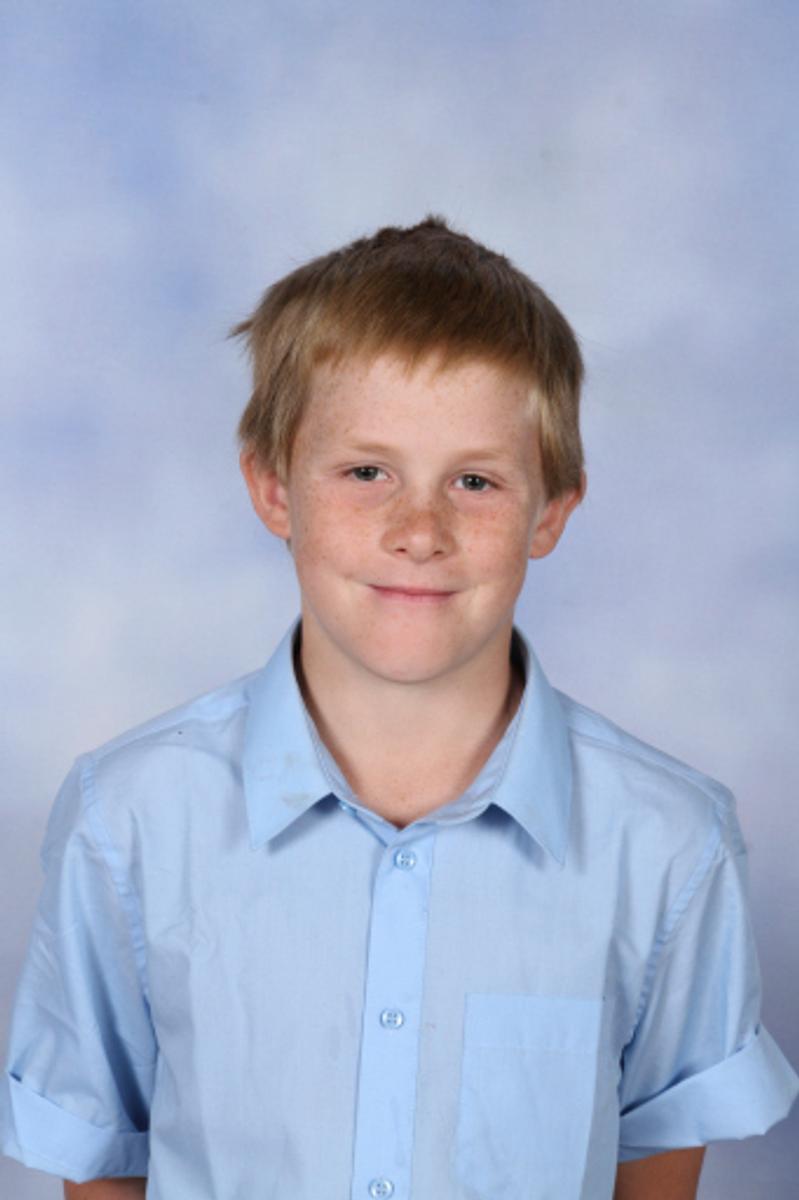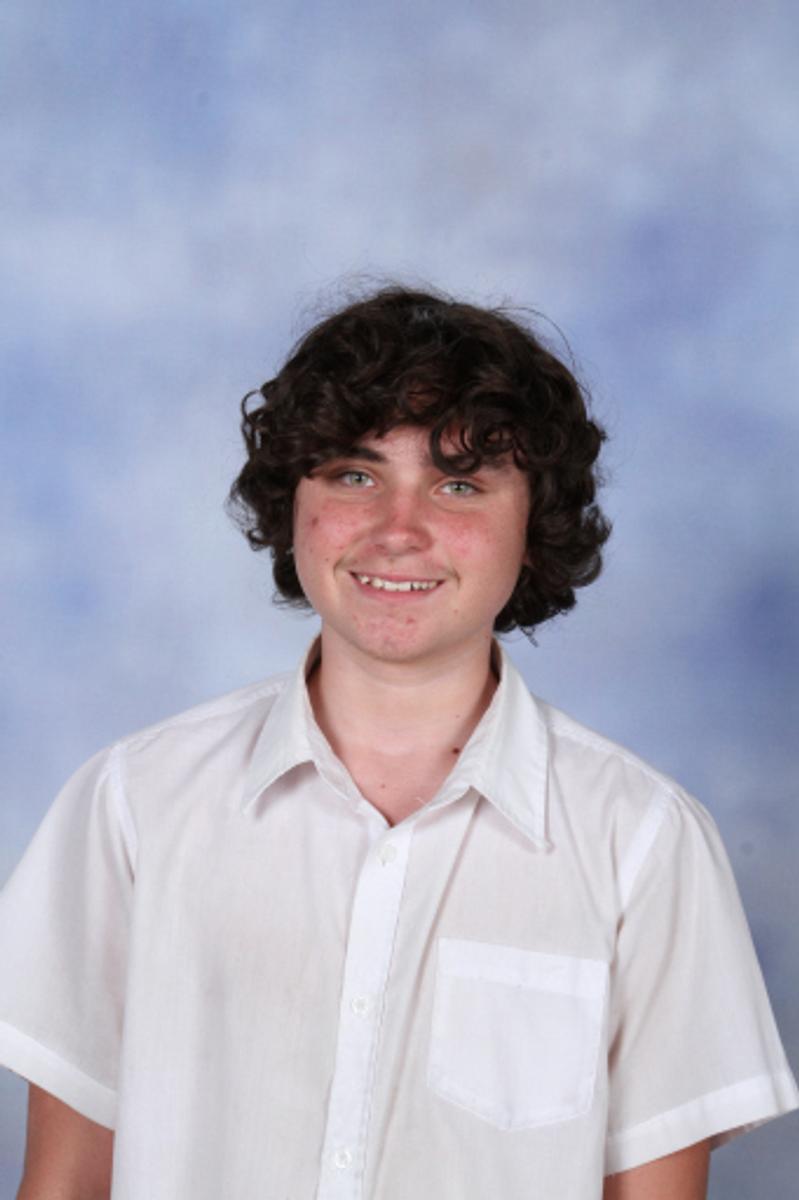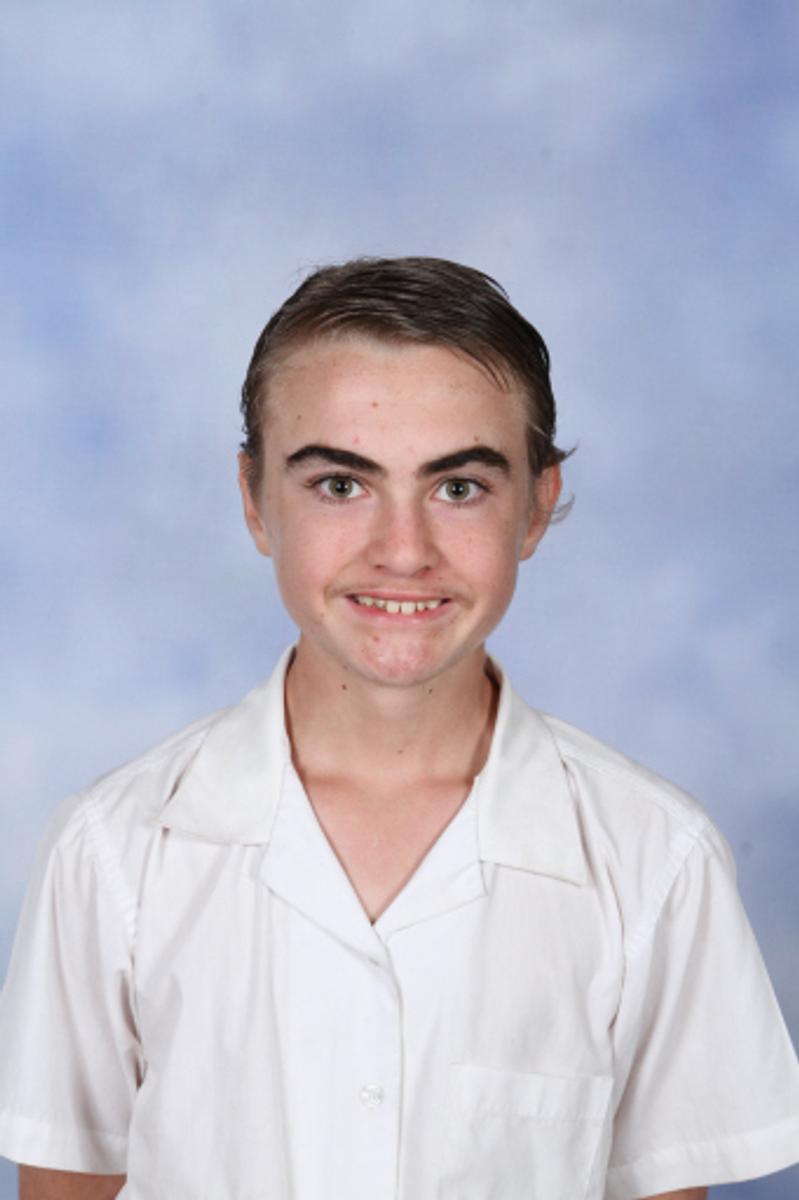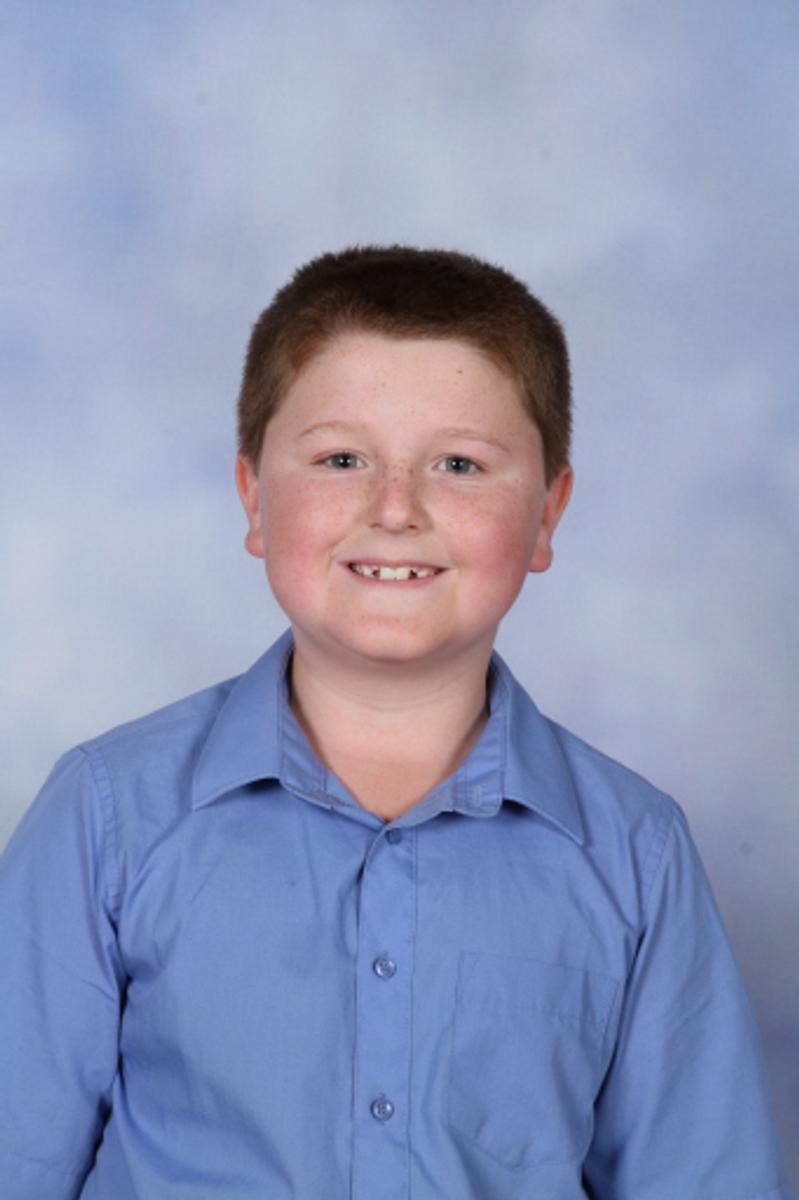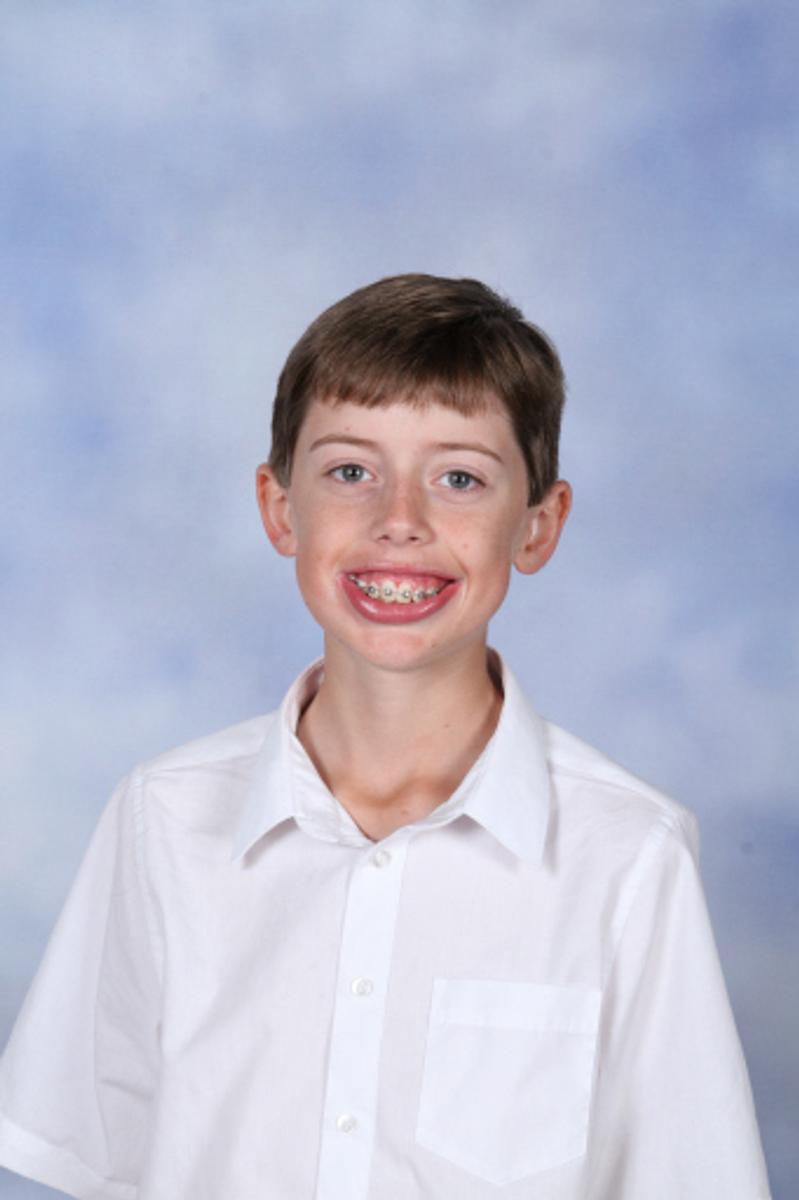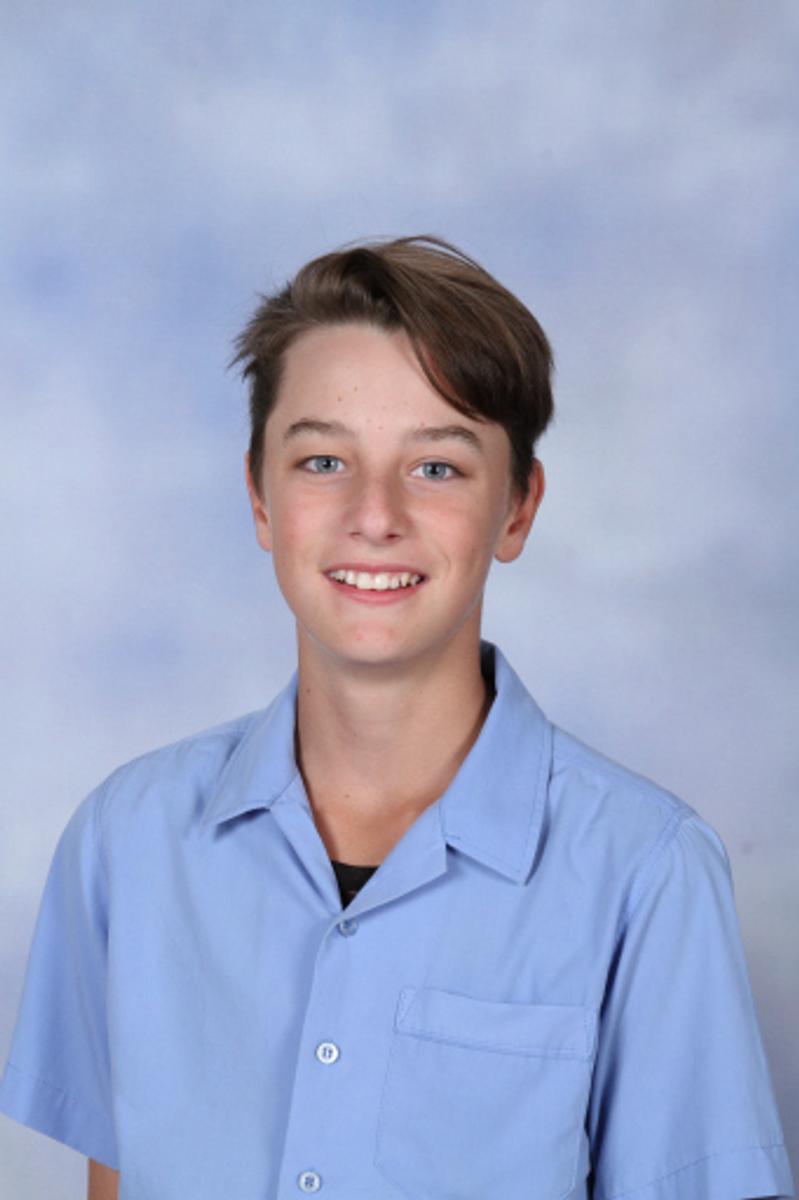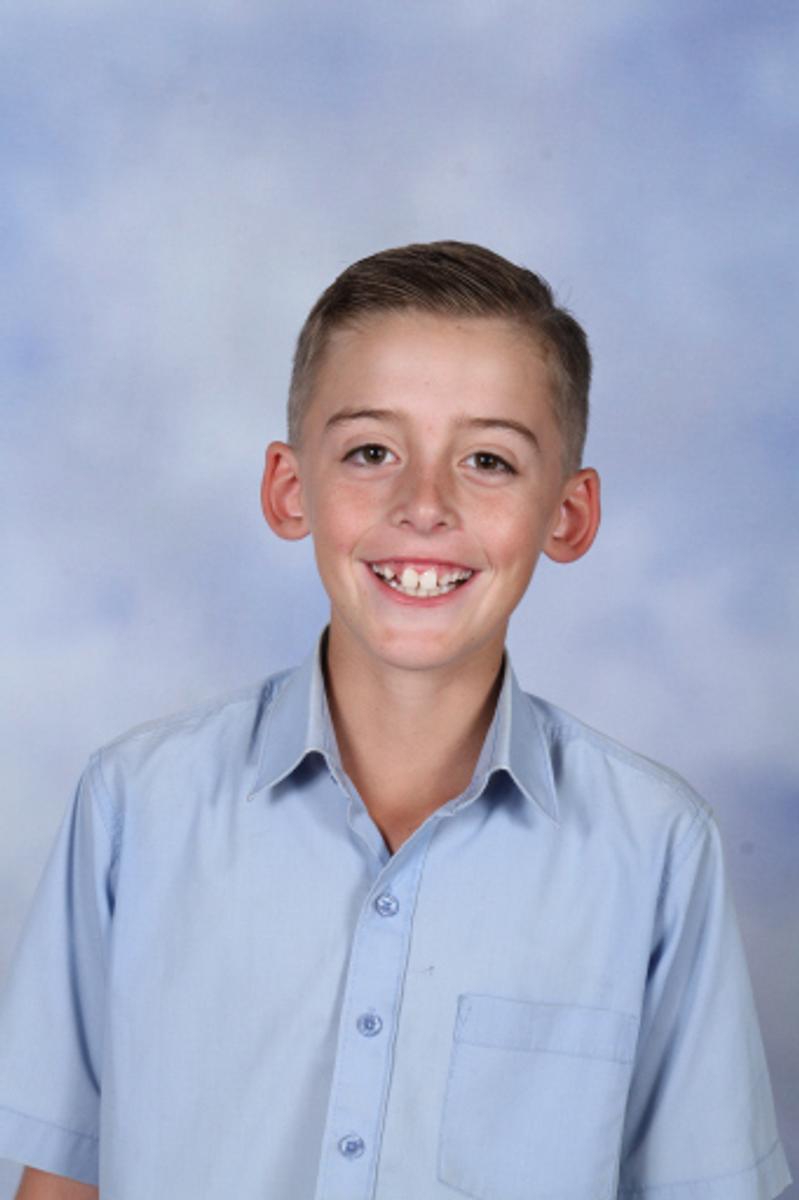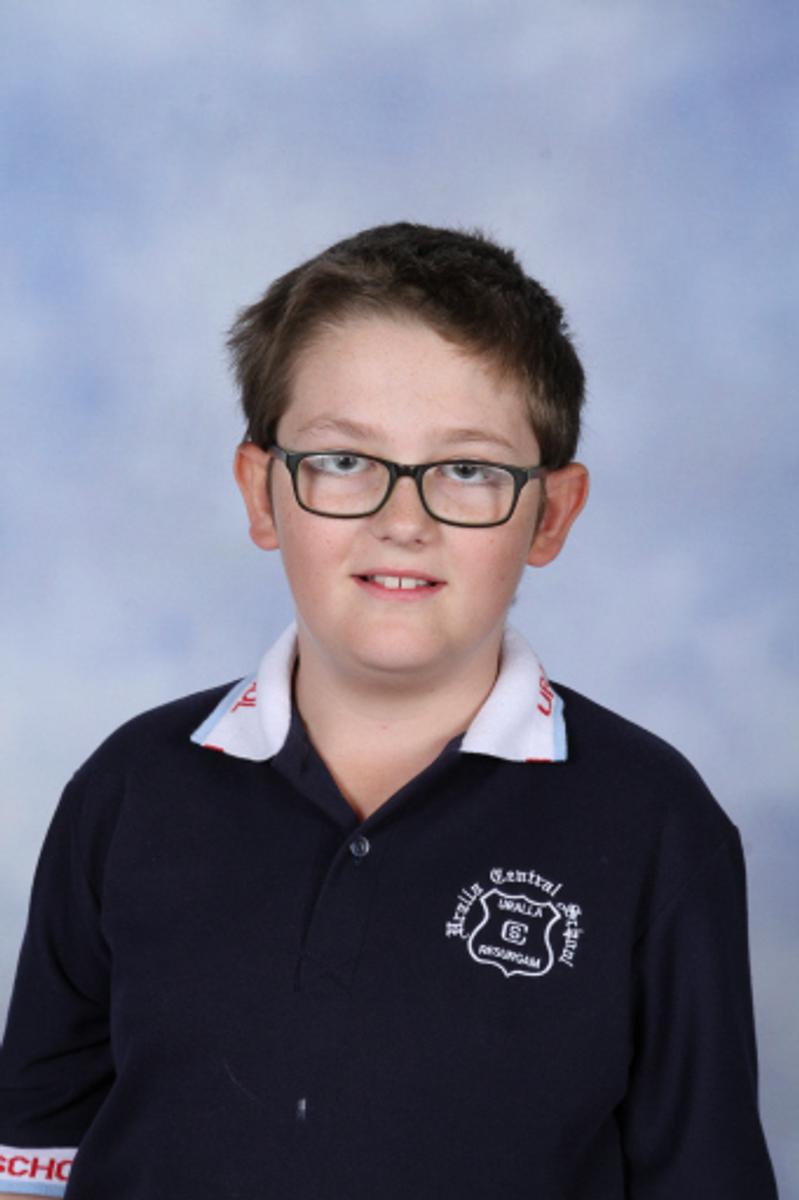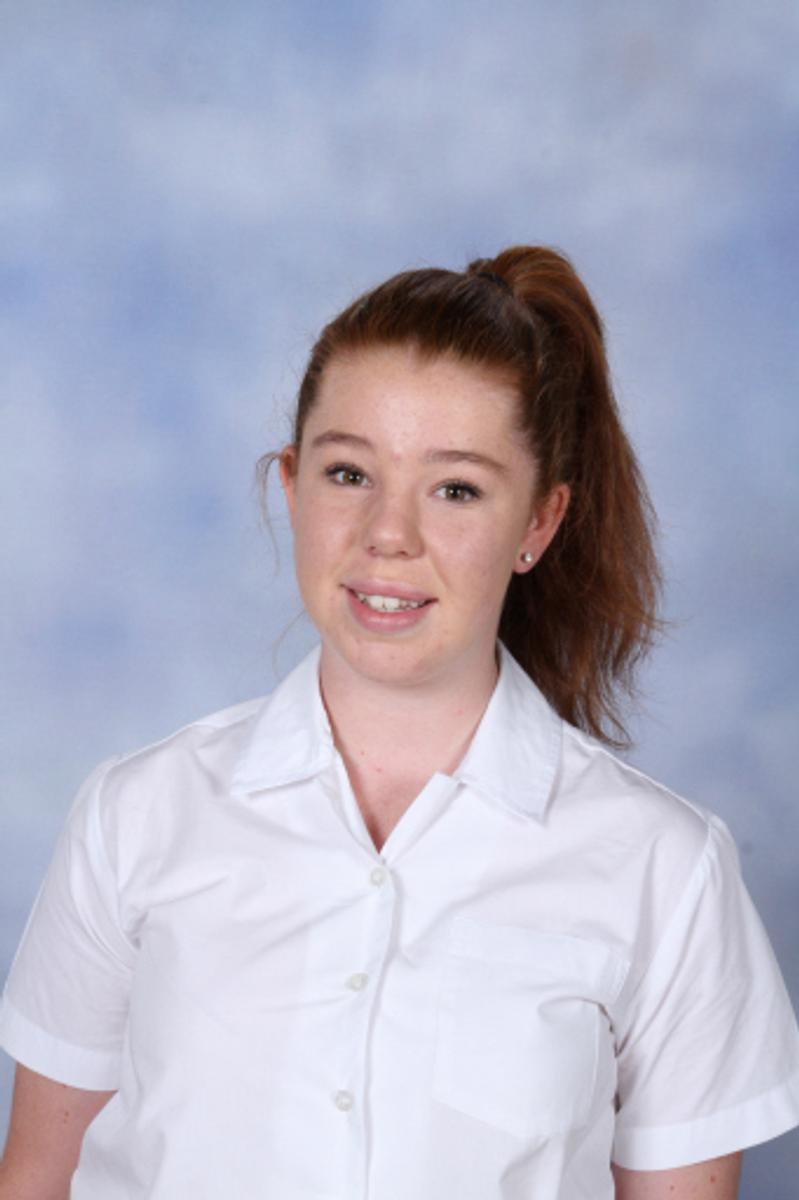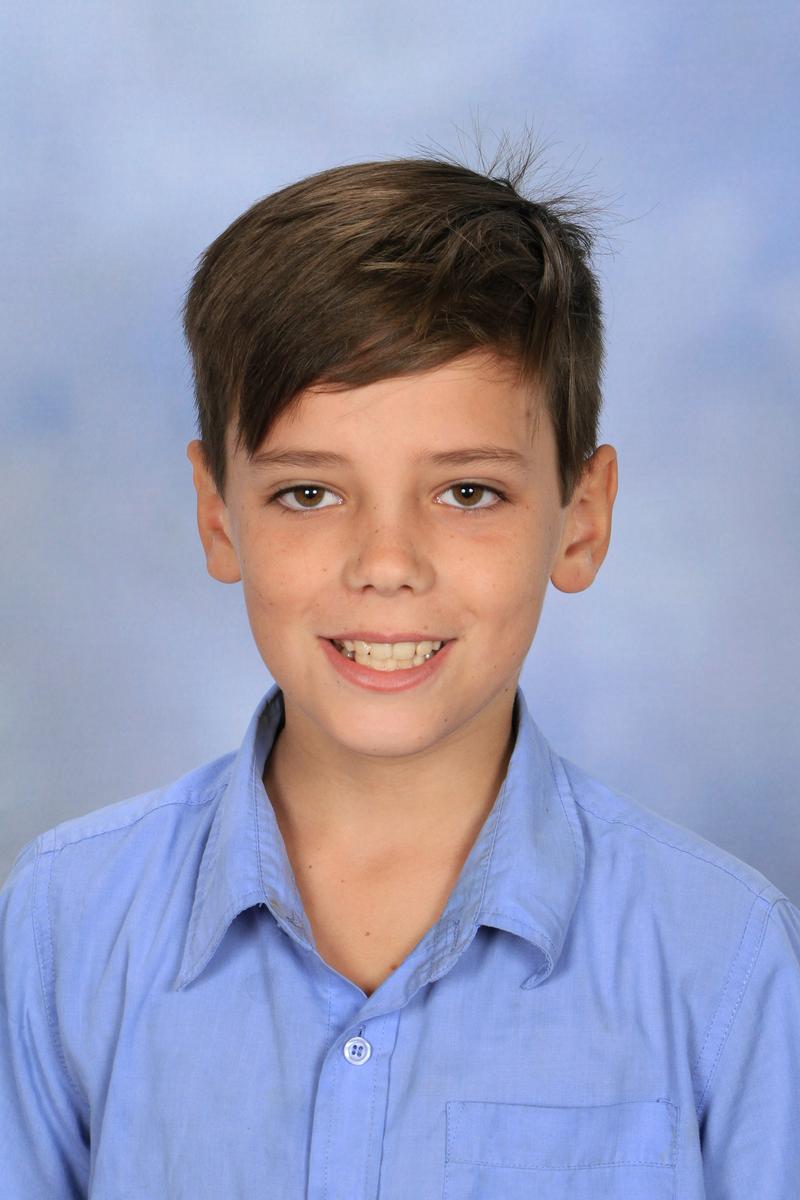Wellbeing

HOW2Learn - Melbourne Declaration Preamble
As a nation Australia values the central role of education in building a democratic, equitable and just society ‐ a society that is prosperous,
cohesive and culturally diverse, and that values
Australia’s Indigenous cultures as a key part of the nation’s history, present and future.
In the 21st century Australia’s capacity to provide a high quality of life for all will depend on the ability to compete in the global economy on knowledge and innovation. Education equips young people with the knowledge, understanding, skills and values to take
advantage of opportunity and to face the challenges of this era with confidence.
Schools play a vital role in promoting the
intellectual, physical, social, emotional, moral,
spiritual and aesthetic development and wellbeing of young Australians, and in ensuring the nation’s ongoing economic prosperity and social cohesion.
Schools share this responsibility with students,
parents, carers, families, the community, business
and other education and training providers. In
recognition of this collective responsibility, this
declaration, in contrast to earlier declarations on
schooling, has a broader frame and sets out
educational goals for young Australians.
In the 1989 Hobart Declaration and the 1999
Adelaide Declaration, the State, Territory and
Commonwealth Education Ministers committed to working together to ensure high‐quality schooling for all young Australians. The Melbourne Declaration acknowledges major changes in the world that are placing new demands on Australian education:
- Global integration and international mobility have
increased rapidly in the past decade. As a
consequence, new and exciting opportunities for
Australians are emerging. This heightens the need
to nurture an appreciation of and respect for
social, cultural and religious diversity, and a sense
of global citizenship.
- India, China and other Asian nations are growing
and their influence on the world is increasing.
Australians need to become ‘Asia literate’,
engaging and building strong relationships with
Asia.
- Globalisation and technological changes are
placing greater demands on education and skill
development in Australia and the nature of jobs
available to young Australians is changing faster
than ever. Skilled jobs now dominate jobs growth
and people with university or vocational education and training qualifications fare much better in the employment market than early school leavers. To maximise their opportunities for healthy, productive and rewarding futures, Australia’s young people must be encouraged not only to complete secondary education, but also to
proceed into further training or education.
- Complex environmental, social and economic
pressures such as climate change that extend
beyond national borders pose unprecedented
challenges, requiring countries to work together in new ways. To meet these challenges, Australians must be able to engage with scientific concepts and principles, and approach problem‐solving in new and creative ways.
- Rapid and continuing advances in information and communication technologies (ICT) are changing the ways people share, use, develop and process information and technology. In this digital age, young people need to be highly skilled in the use of ICT. While schools already employ these
technologies in learning, there is a need to
increase their effectiveness significantly over the
next decade. Australia has developed a high quality, world‐class schooling system, which performs strongly against other countries of the Organisation for Economic Cooperation and Development (OECD). In international benchmarking of educational outcomes for 15‐year‐olds in the 2006 OECD Programme for International Student Assessment, Australia ranked among the top 10 countries across all three education domains assessed. Over the next
decade Australia should aspire to improve outcomes for all young Australians to become second to none amongst the world’s best school systems.
In striving for both equity and excellence, there are several areas in which Australian school education needs to make significant improvement. First, Australia has failed to improve educational outcomes for many Indigenous Australians and addressing this issue must be a key priority over the next decade. Second, by comparison with the world’s highest performing school systems, Australian students from low socioeconomic backgrounds are under‐represented among high achievers and over-represented among low achievers. Third, there is room for improvement in Australia’s rate of Year 12 completion or equivalent.
Literacy and numeracy and knowledge of key
disciplines remain the cornerstone of schooling for young Australians. Schooling should also support the development of skills in areas such as social interaction, cross disciplinary thinking and the use of digital media, which are essential in all 21st century occupations. As well as knowledge and skills, a school’s legacy to young people should include national values of democracy, equity and justice, and personal values and attributes such as honesty, resilience and respect for others.
As signatories to the Melbourne Declaration,
Australian Education Ministers seek to achieve the
highest possible level of collaboration with the
government, Catholic and independent school
sectors and across and between all levels of
government. Australian Education Ministers also
seek to achieve new levels of engagement with all
stakeholders in the education of young Australians.
Stand tall, Walk proud!
.
Gold Phoenix Award Recipients
Congratulations to the following student who received their Gold Phoenix Award at the last school assembly. Well done! Fantastic effort!
Gostwyck
Millie Hunt
Silver Phoenix Award Recipients
Congratulations to the following students who received their Silver Phoenix Award at the last school assembly. You all should be very proud of your wonderful achievements.
Balala
Logan Ayre, Rori Butler, Cayden Bell, Emily Bishop and Oliver Cole.
Gostwyck
Connall Hinton, Jacob Holmes, Bella Hawkins and Harry Faulkner.
Kentucky
Hayley McDonald, Taylah Northam and Hannah Khan.
Saumarez
Fynn Williams, Dylan Surawski, Dominic Tobler, Jack Vanry, Eve Shanahan, Noah Rowley and Samuel Smith.
Bronze Phoenix Award Recipients
Congratulations to the following students who received their Bronze Phoenix Award at the last school assembly. Well done!
Balala
Jacqui Dade.
Gostwyck
Lauren Hockey, Noah Hunt and Wyhatt Hunt.
Kentucky
Ashton Jones, Luciano Panuccio, Micaiah Neimanas, Dominic Kliendienst and William Khan.
Saumarez
Noah Power, Aiden Smith, Lachlan Schalk, Cooper Smith, Jakob Watts, Bradie Woodward and Tara Vickery.
